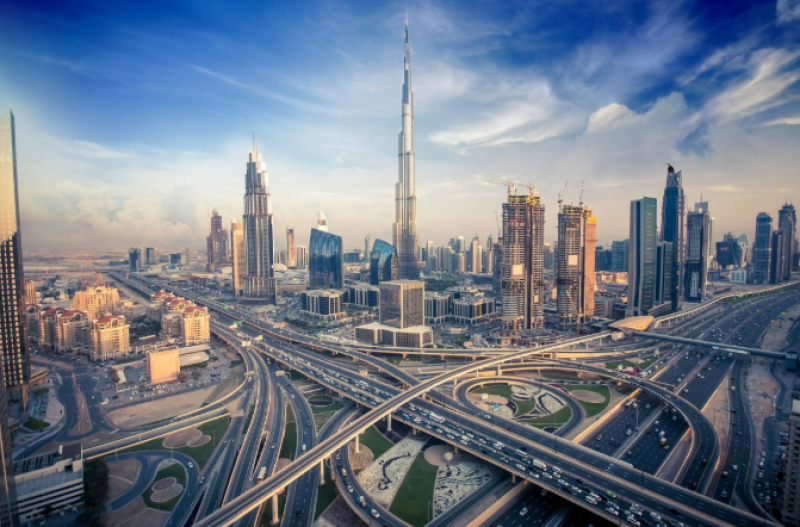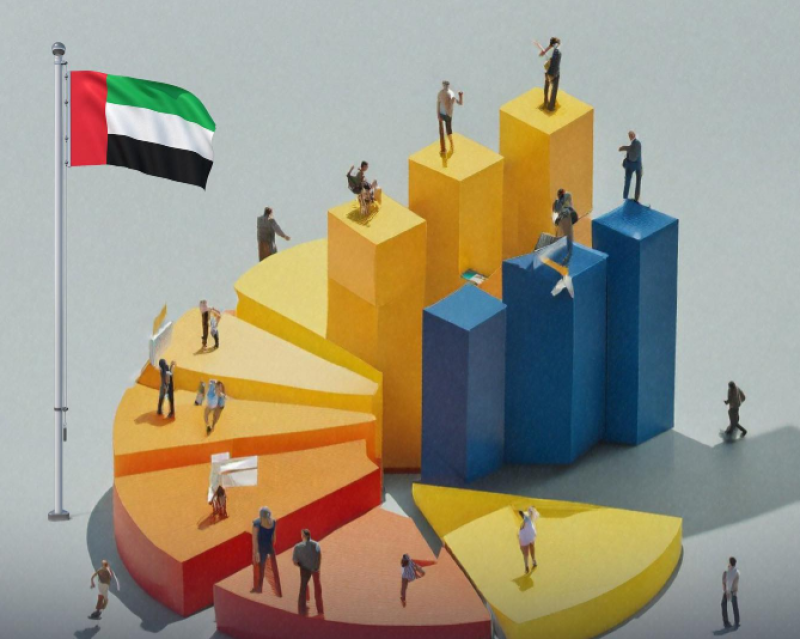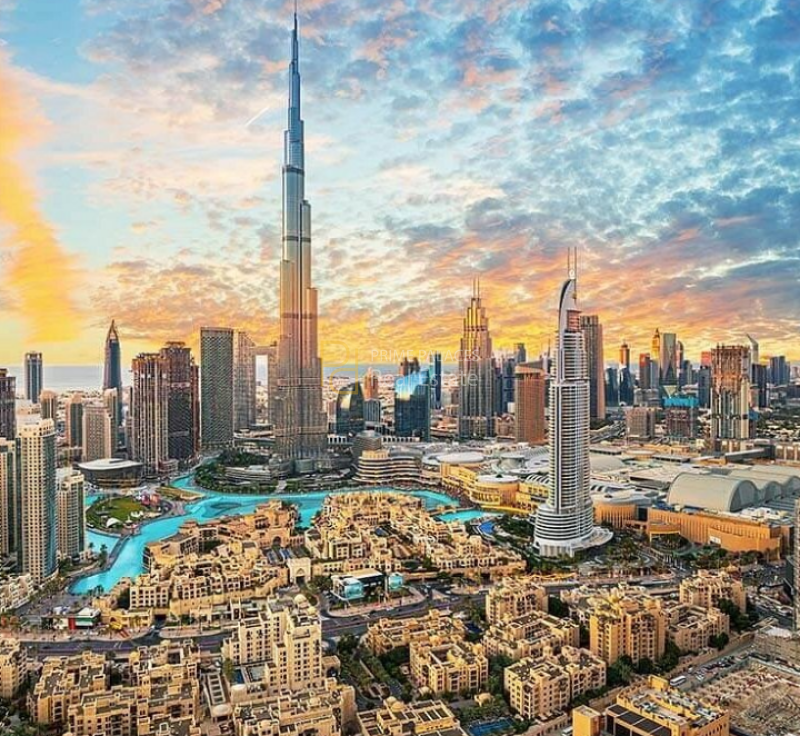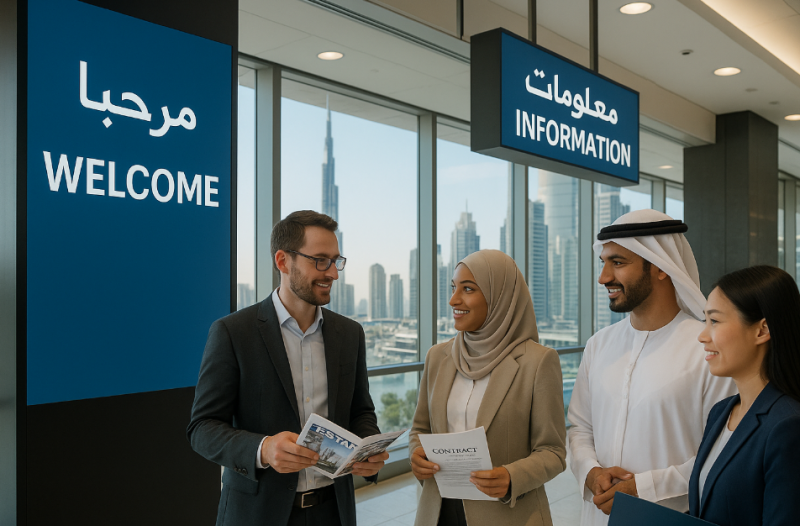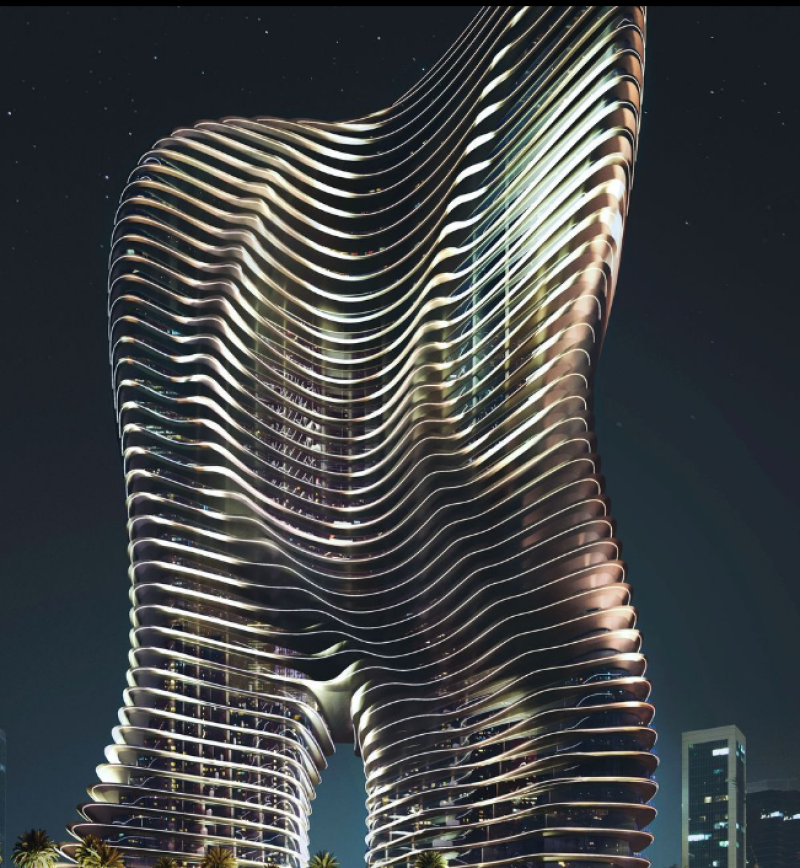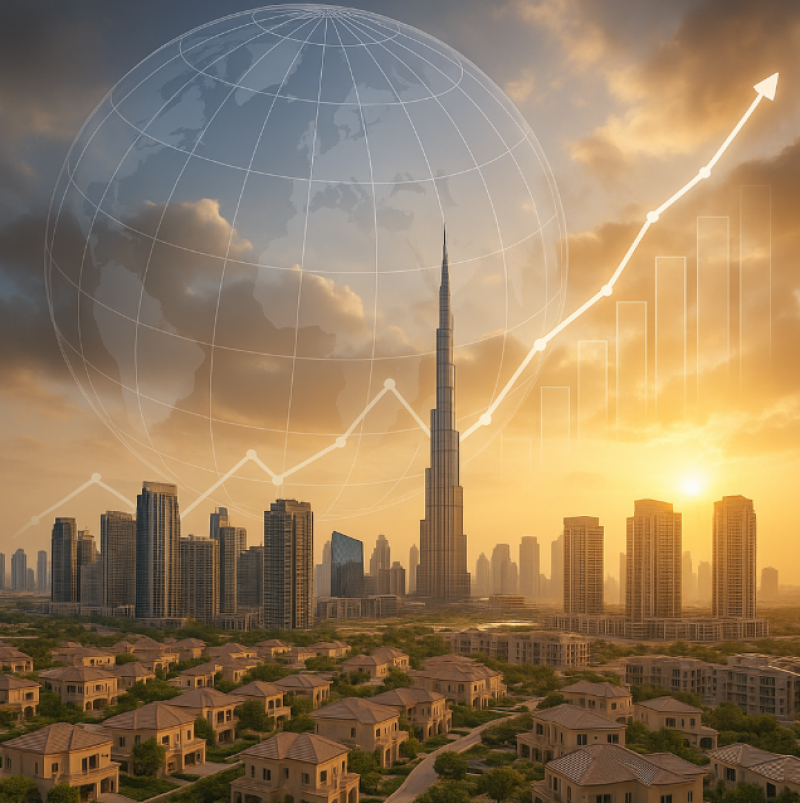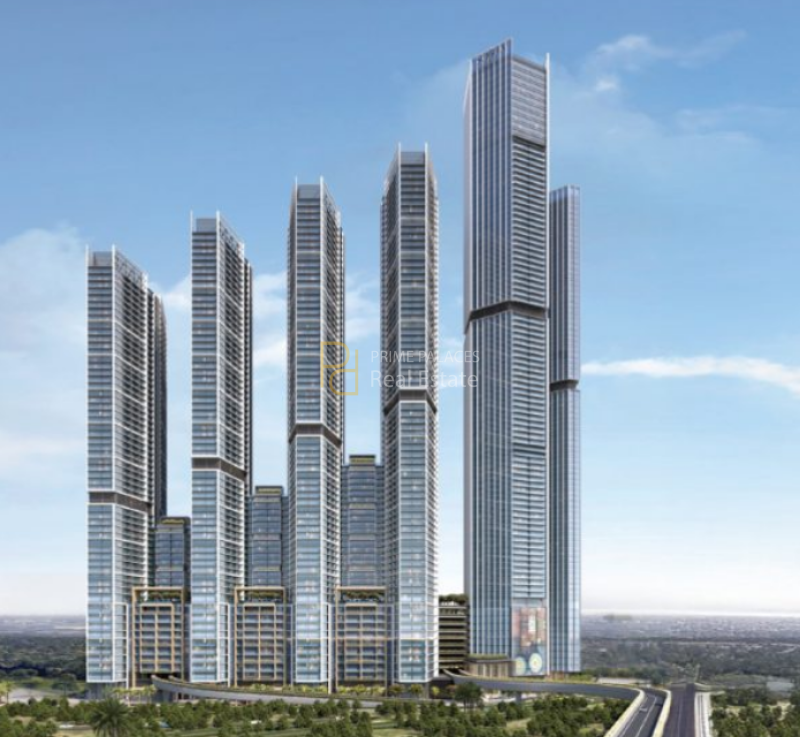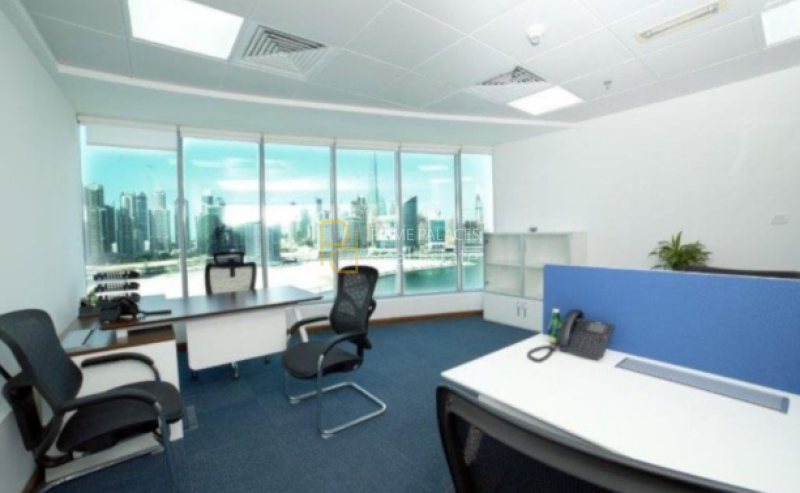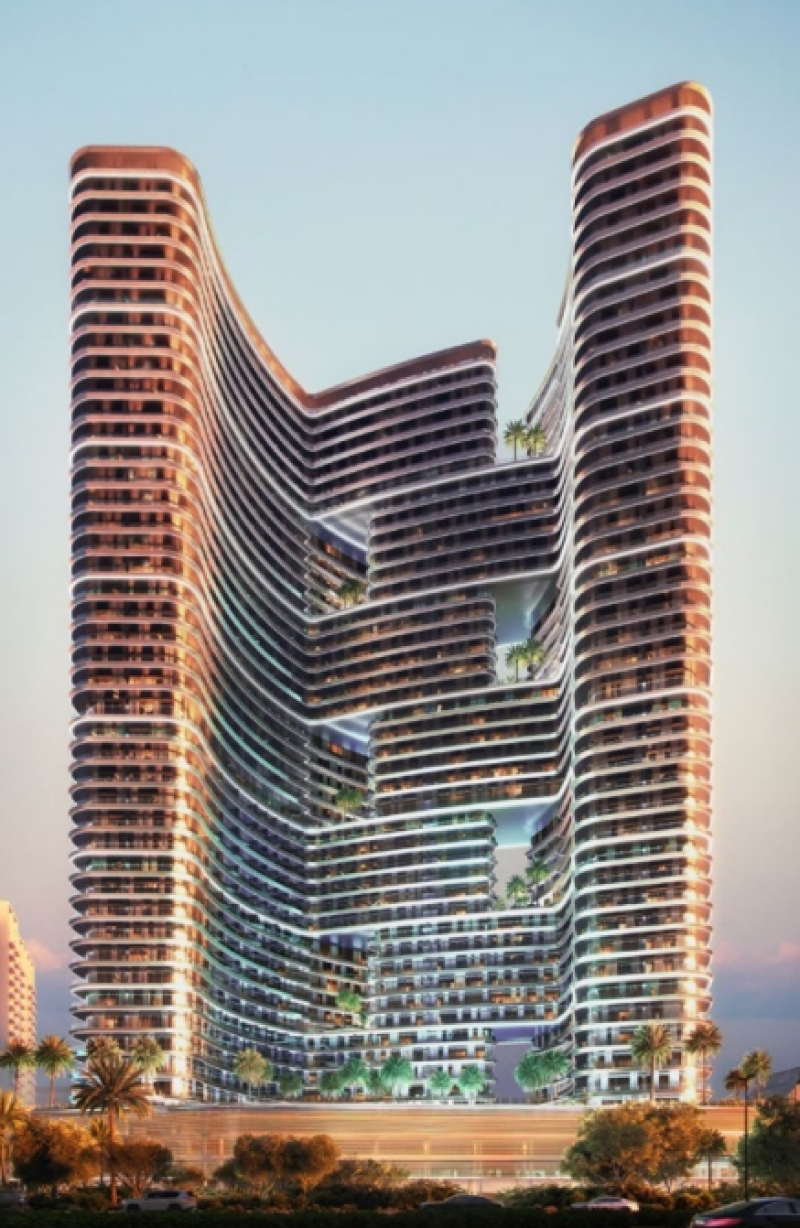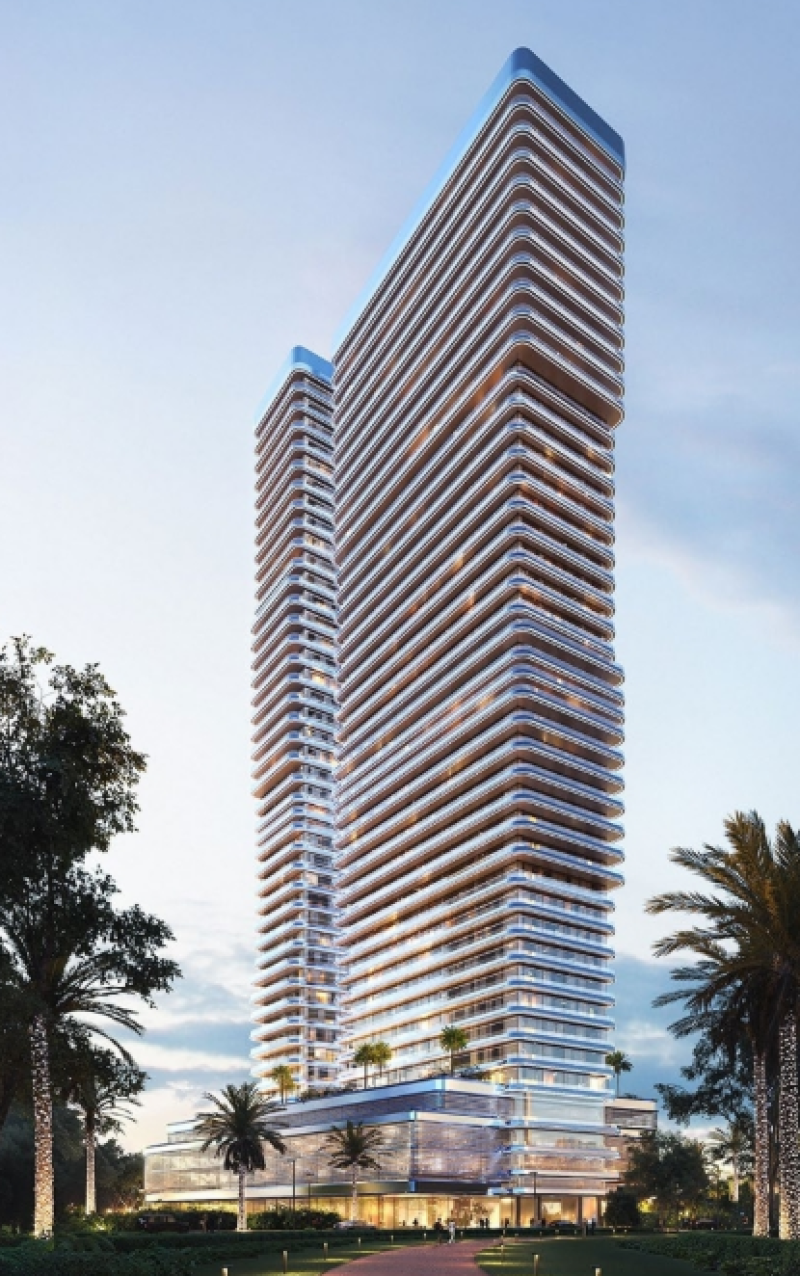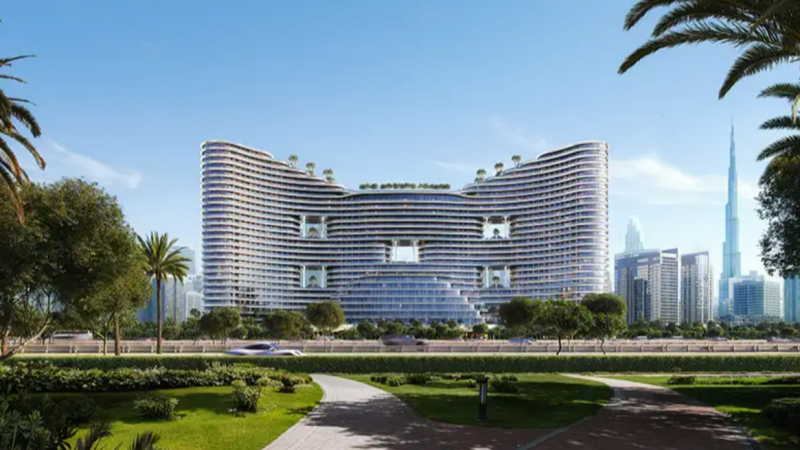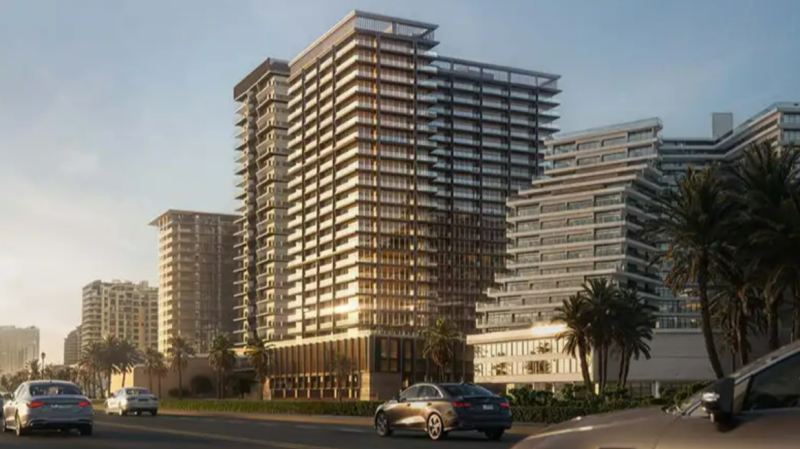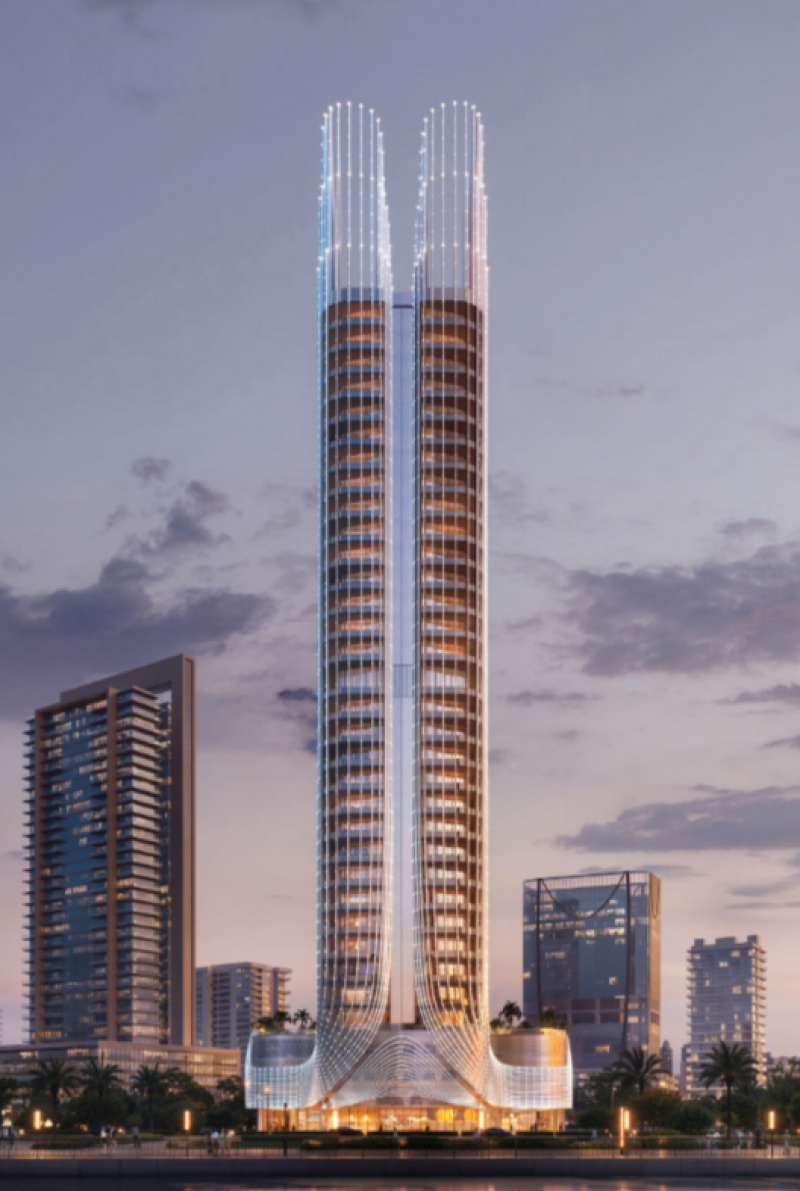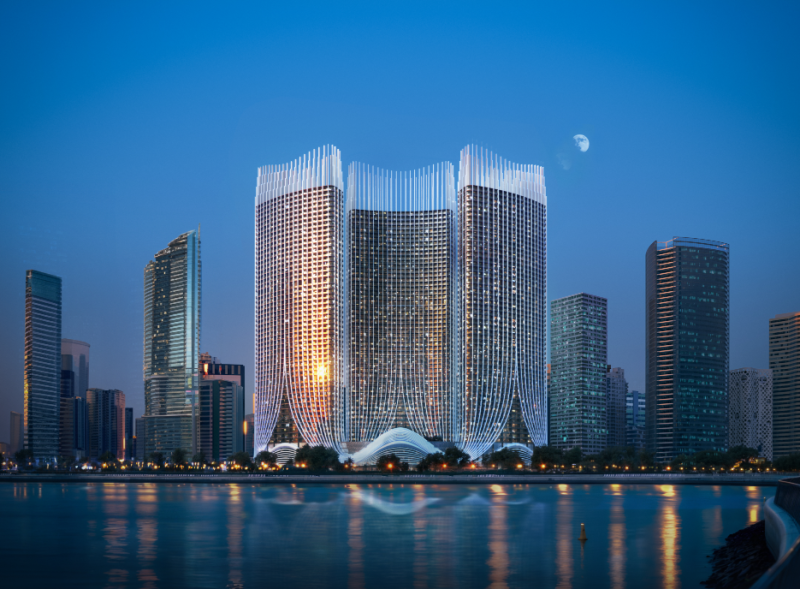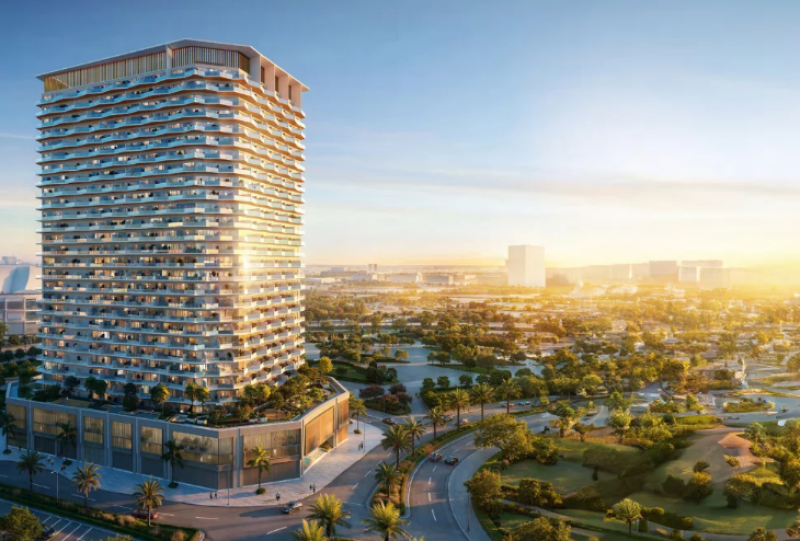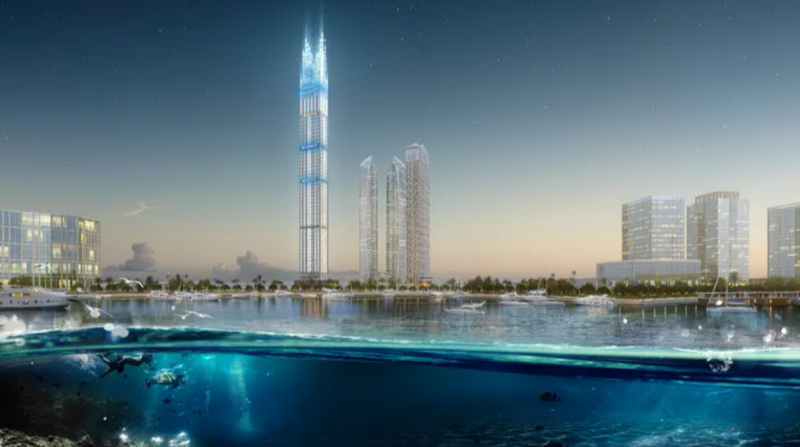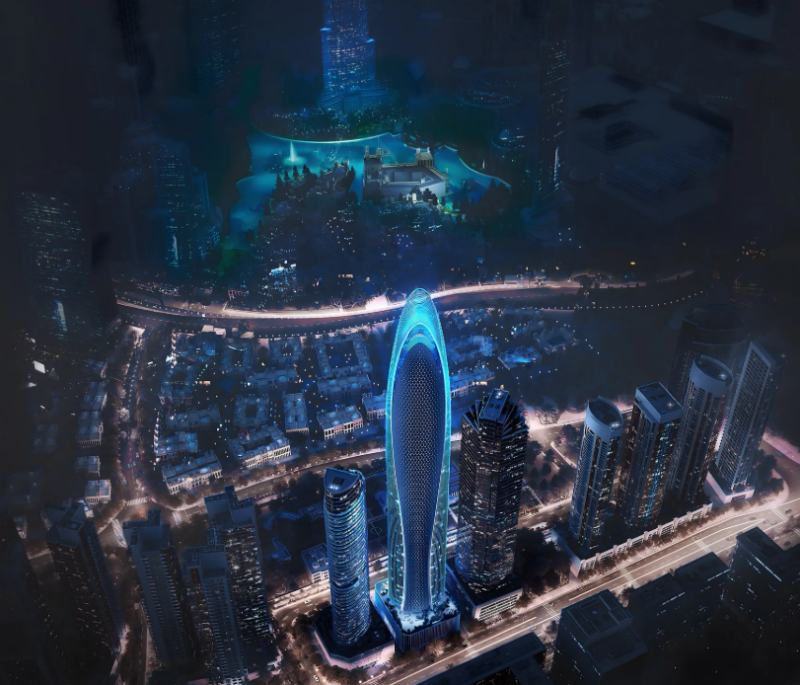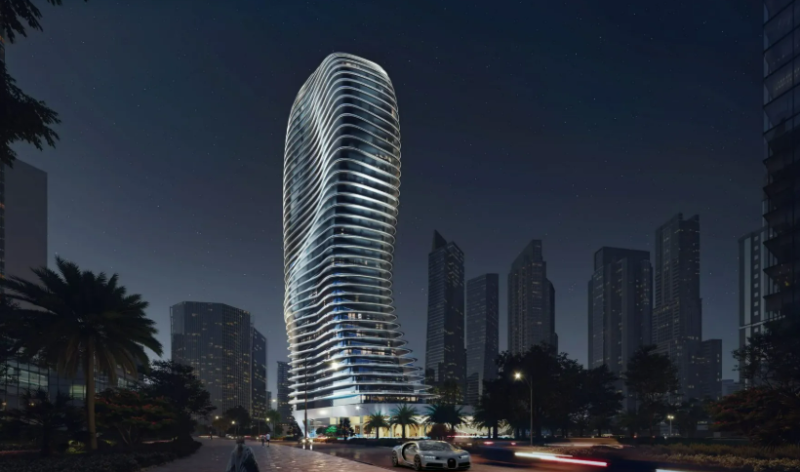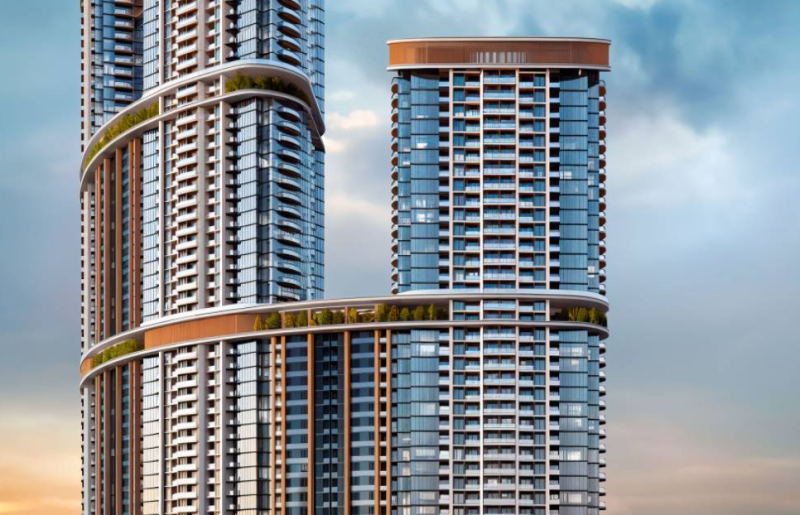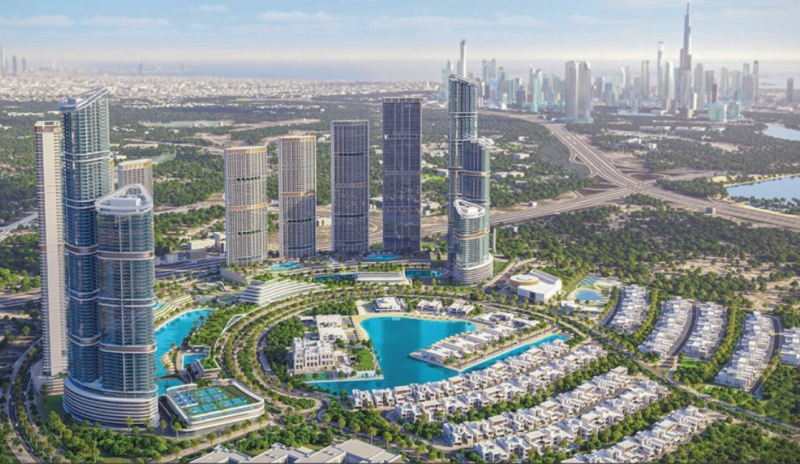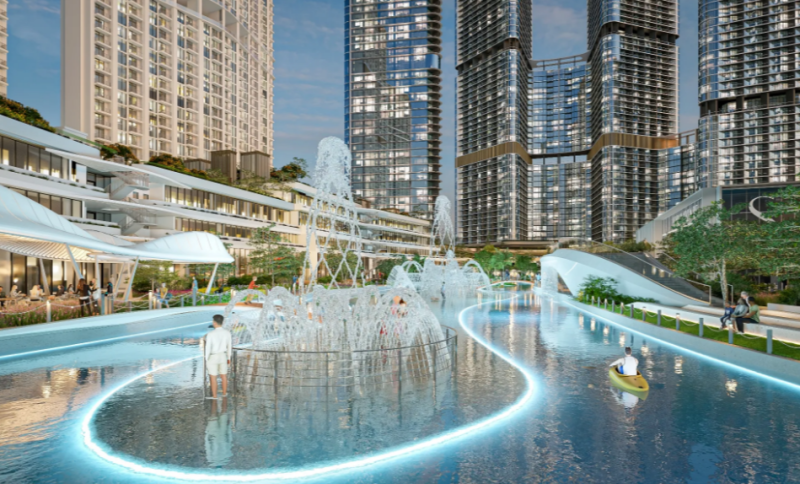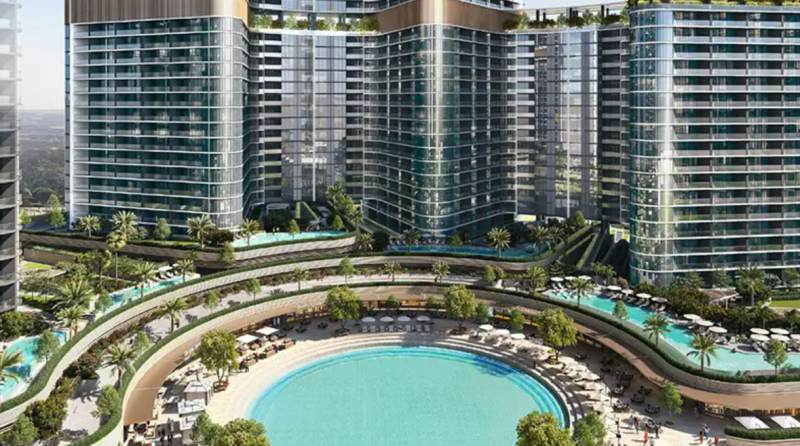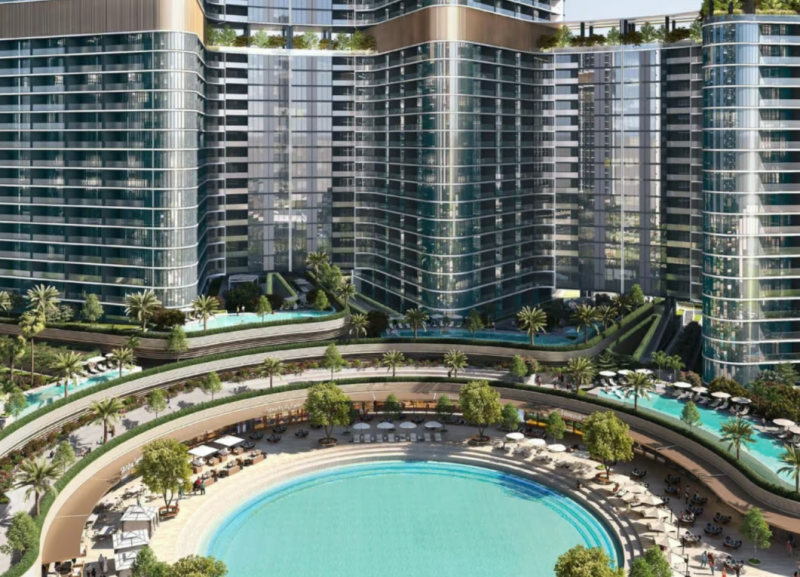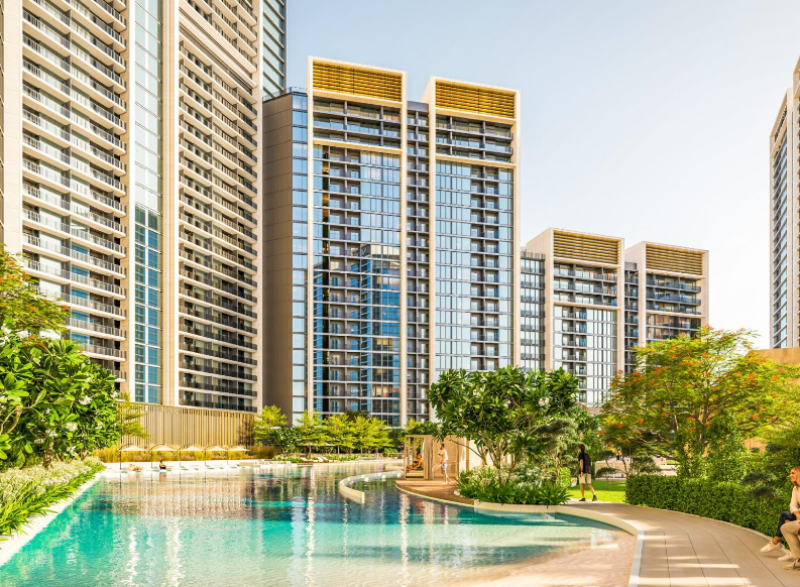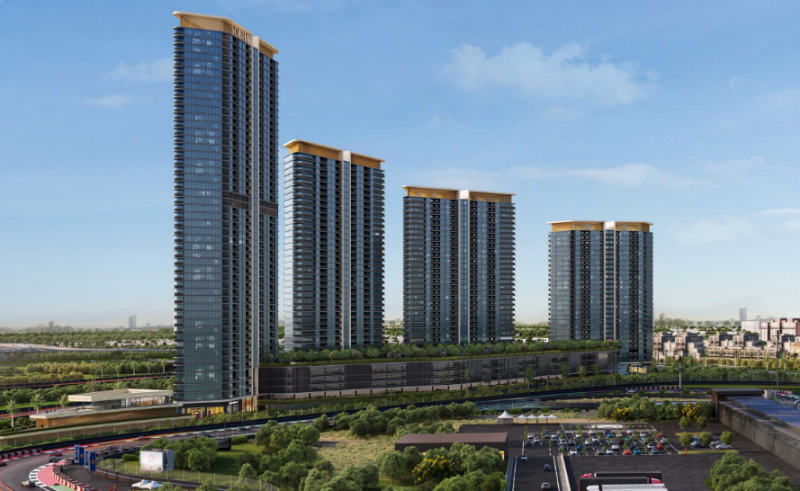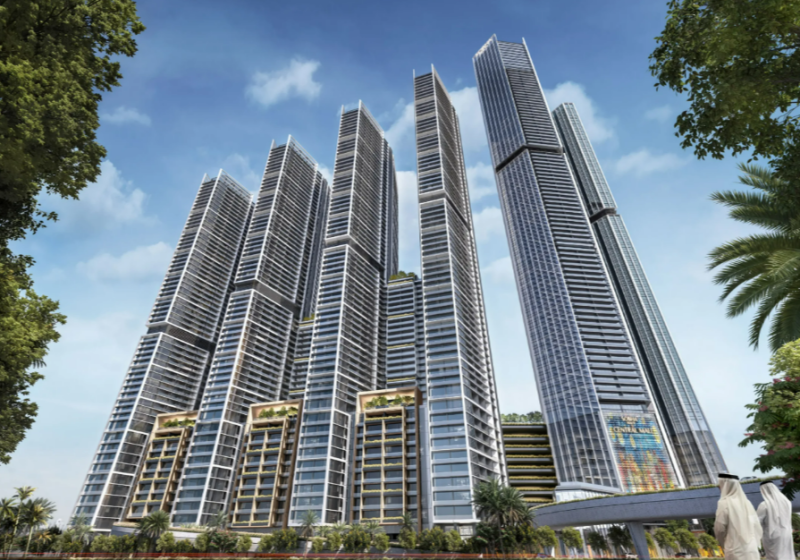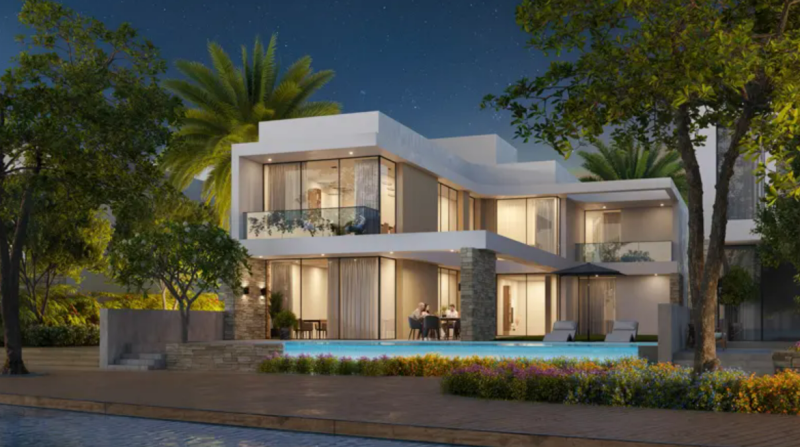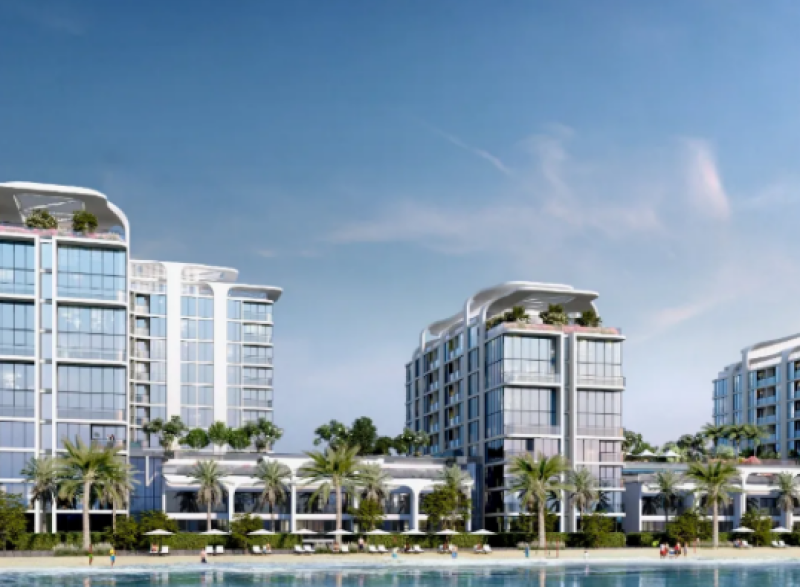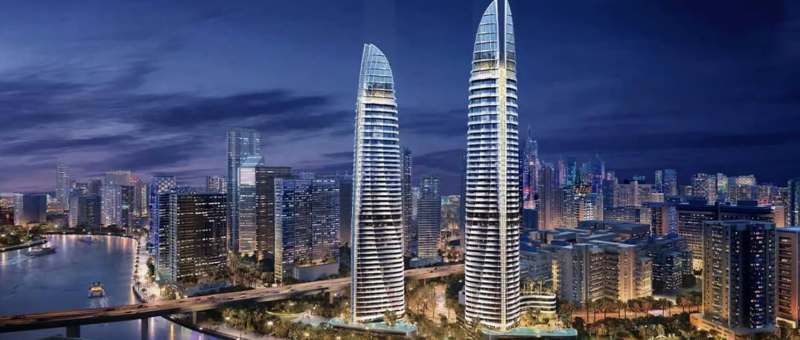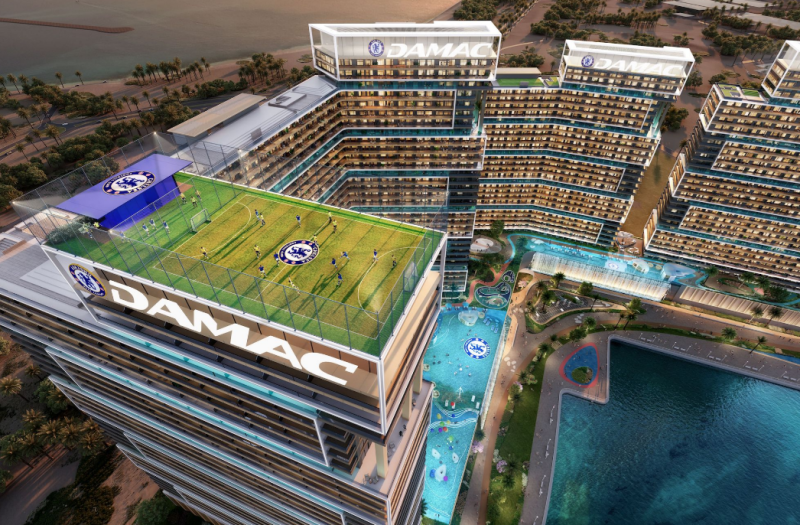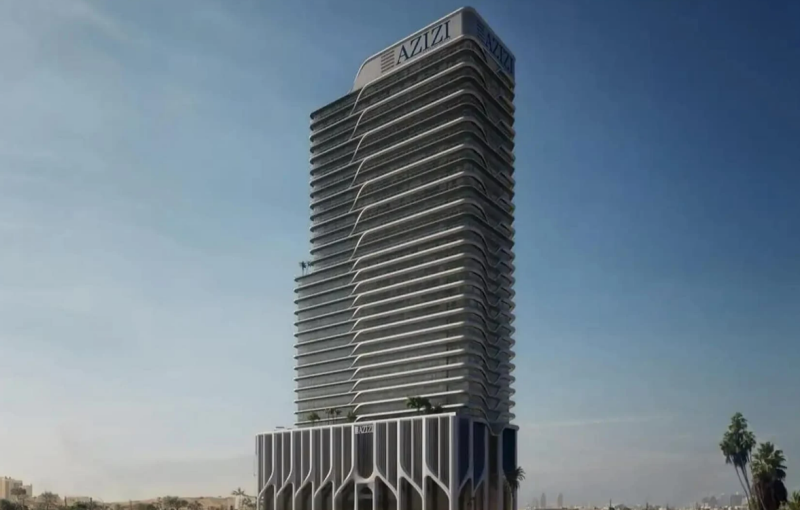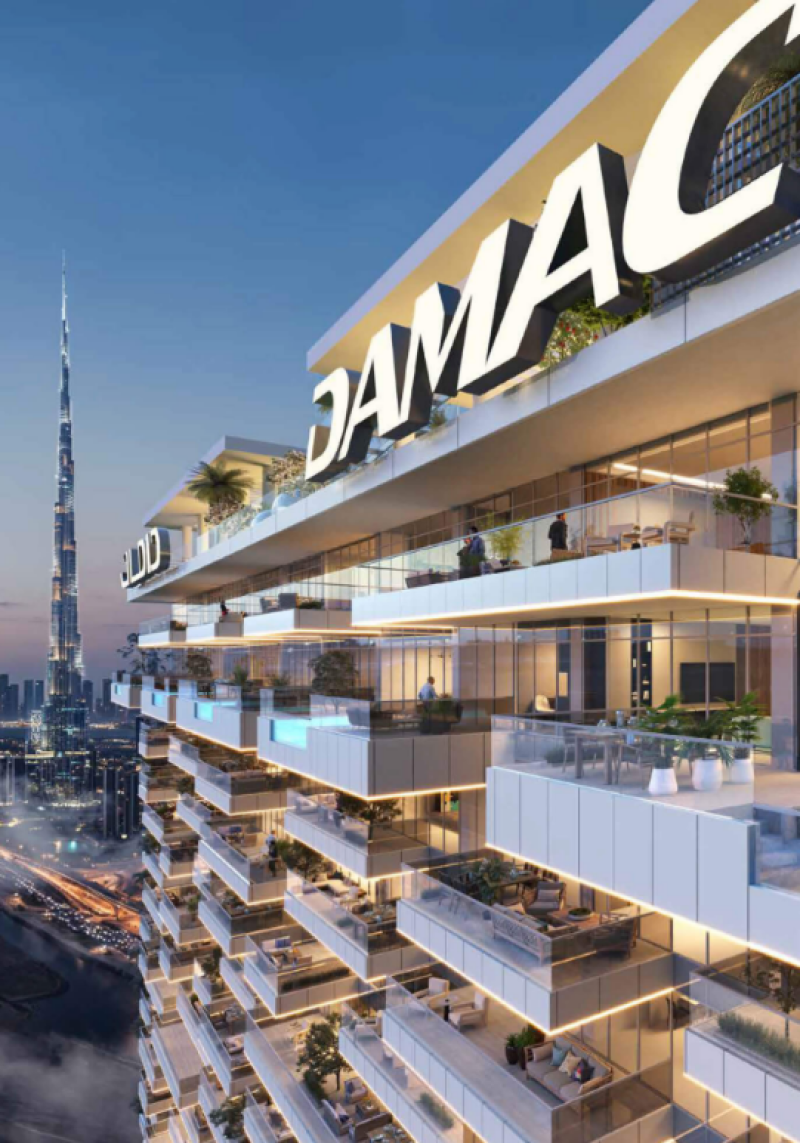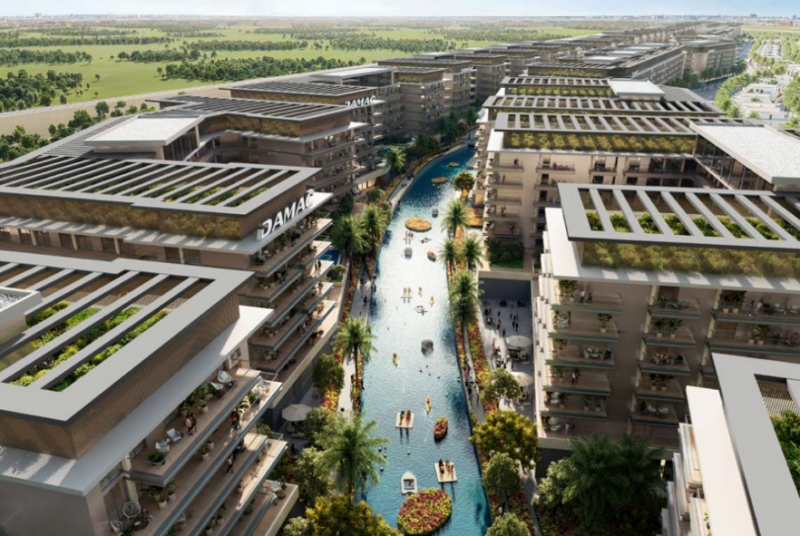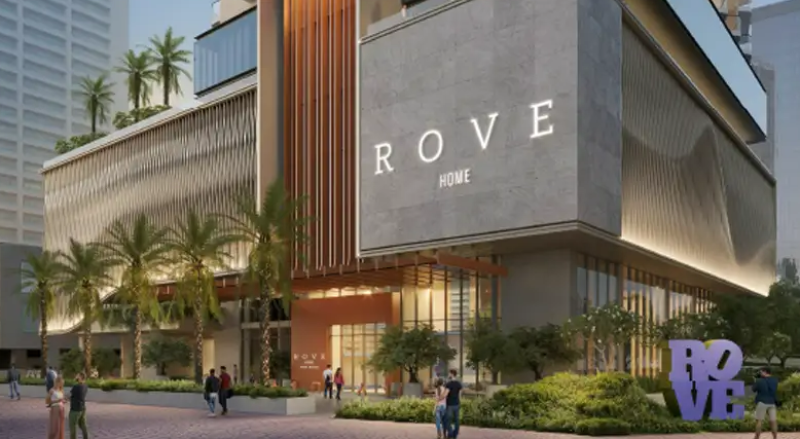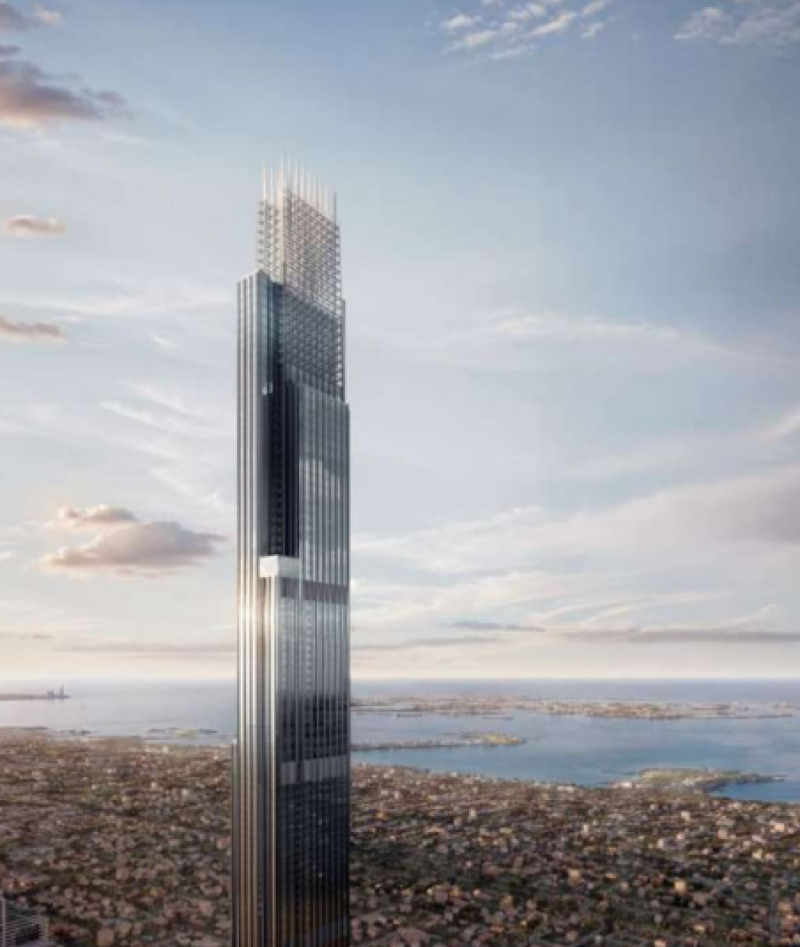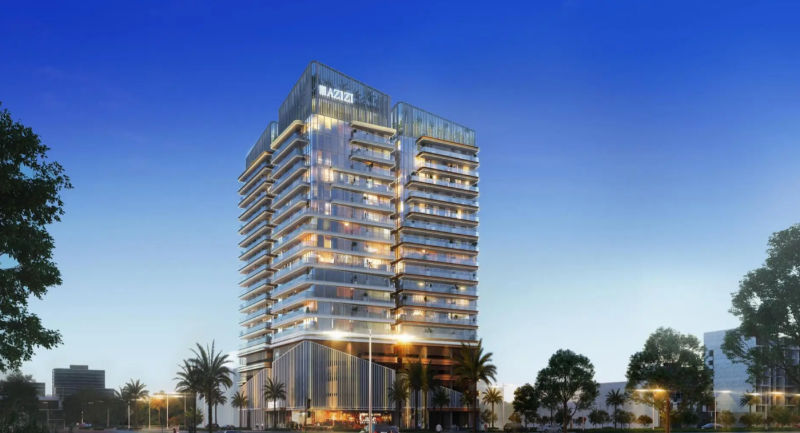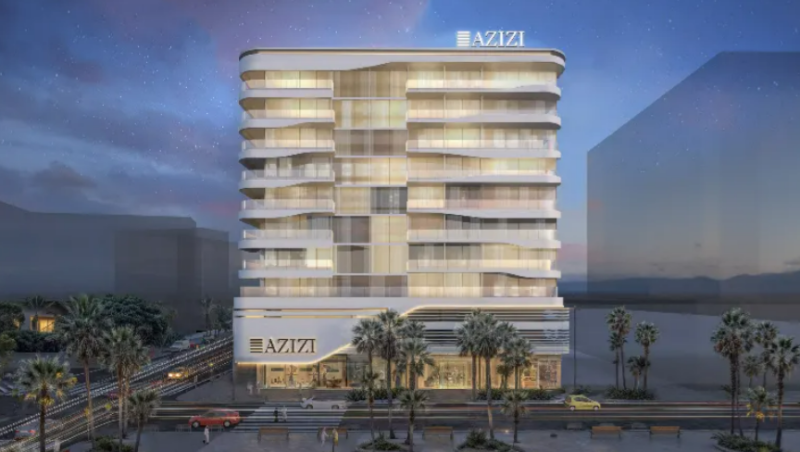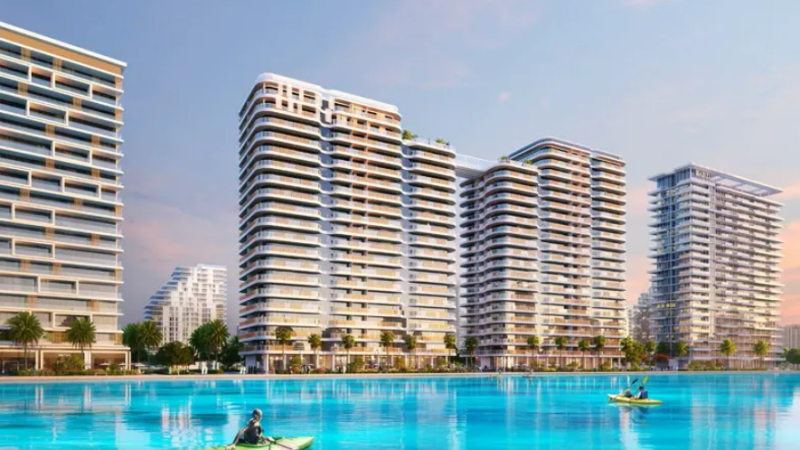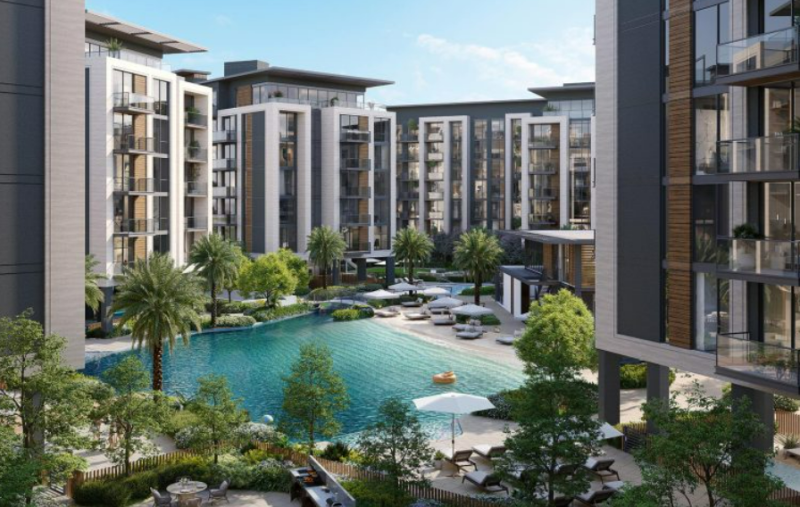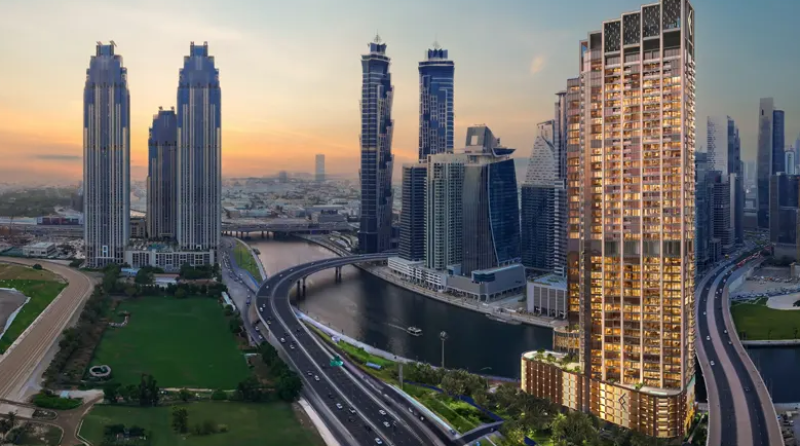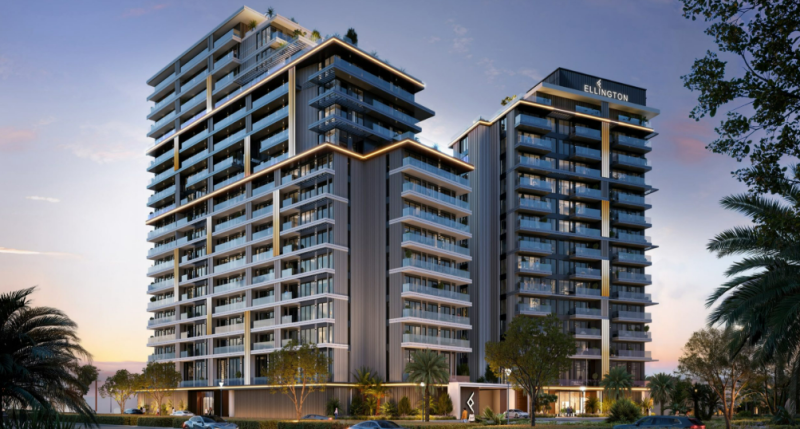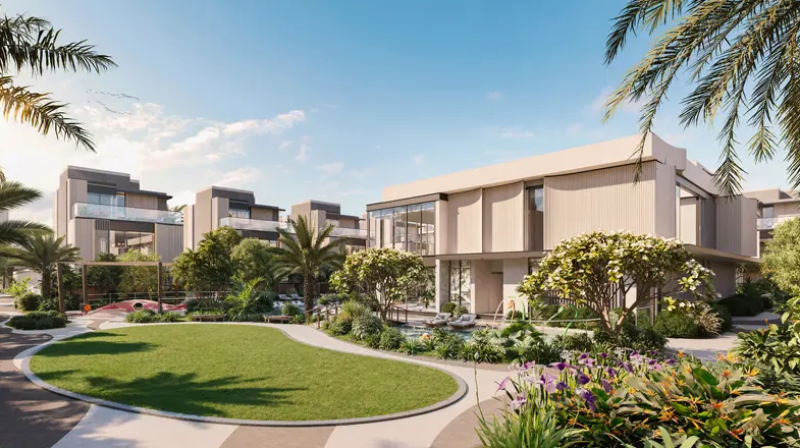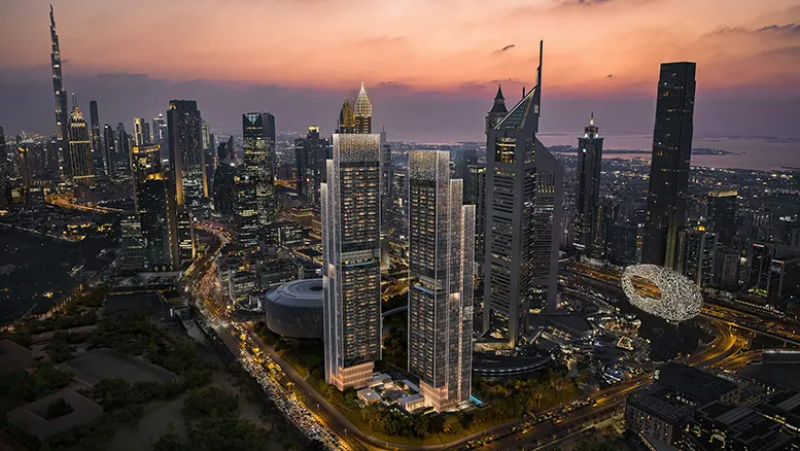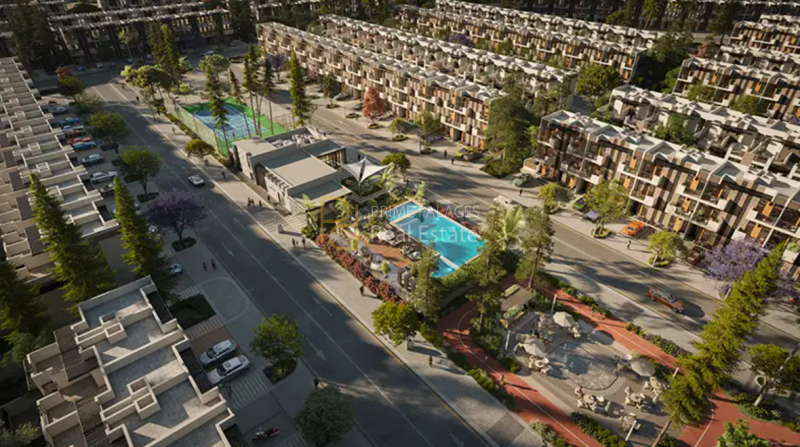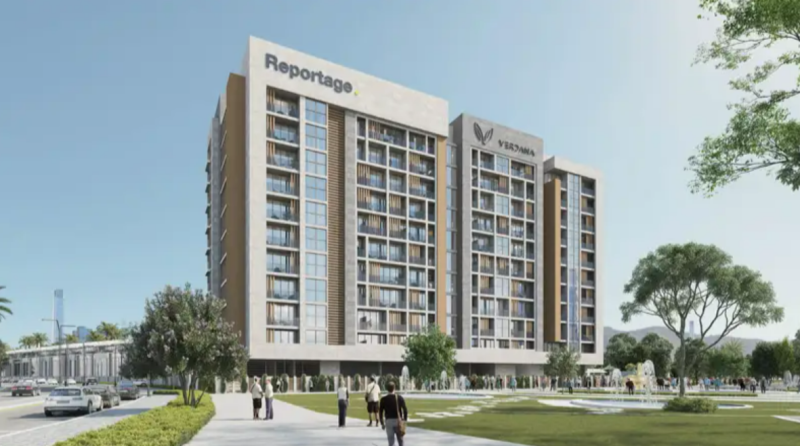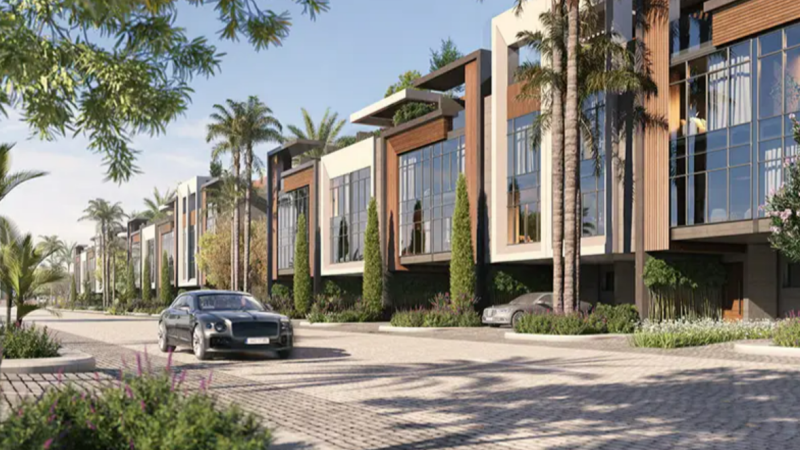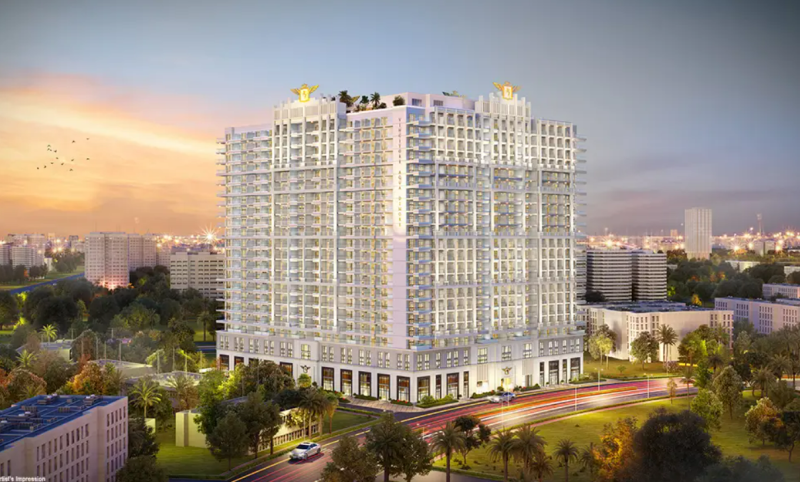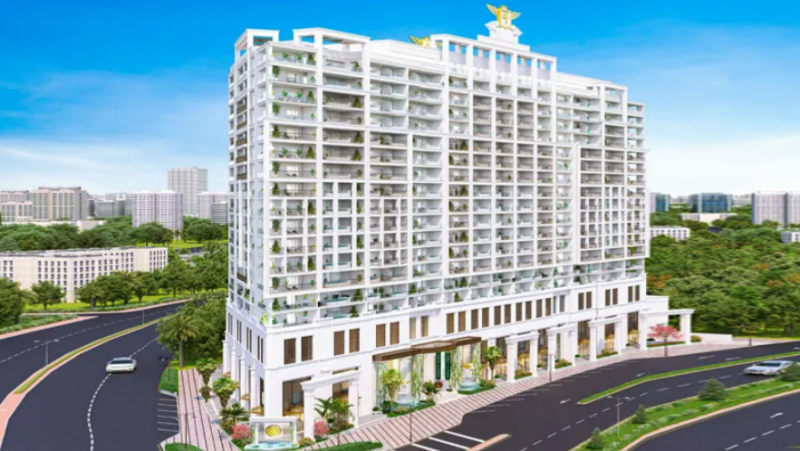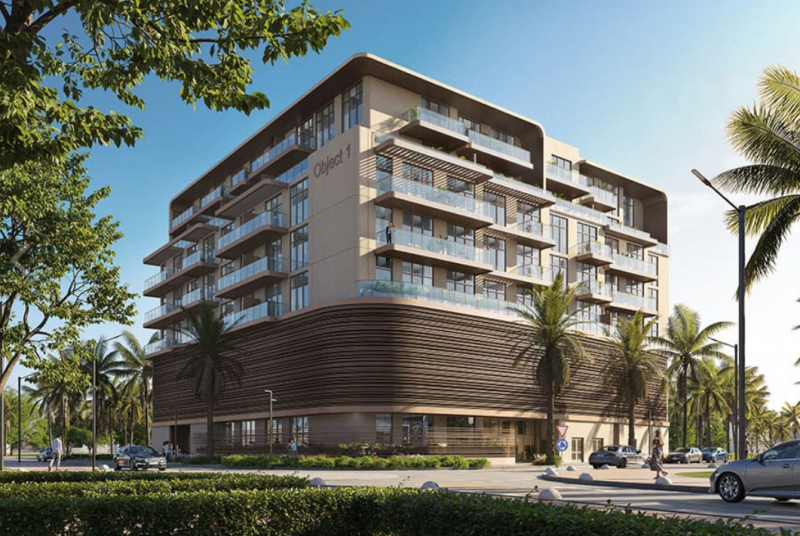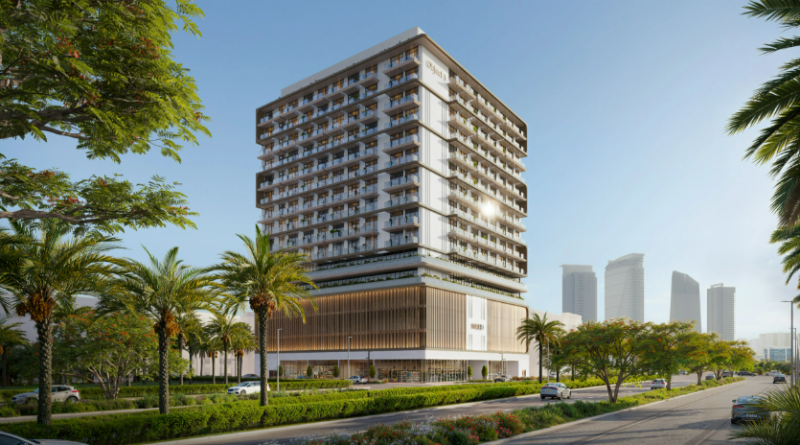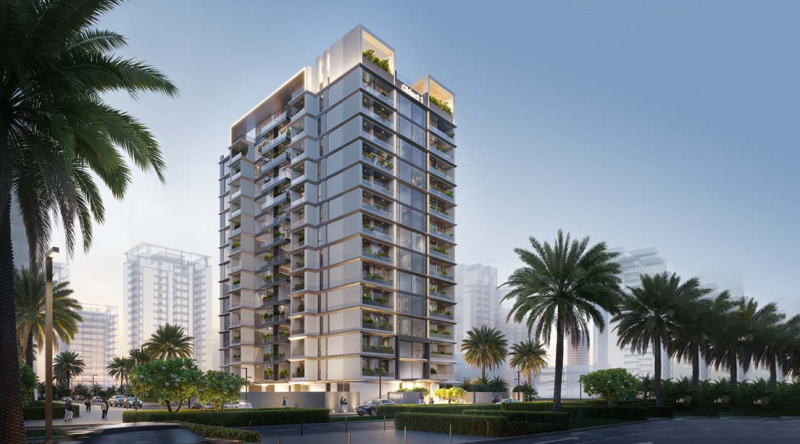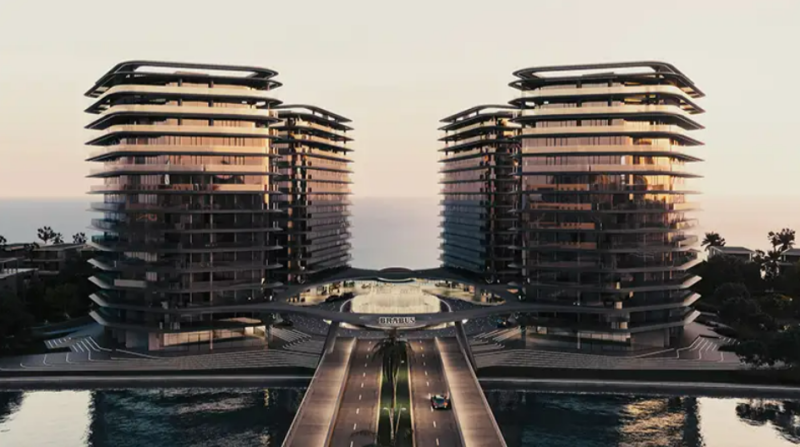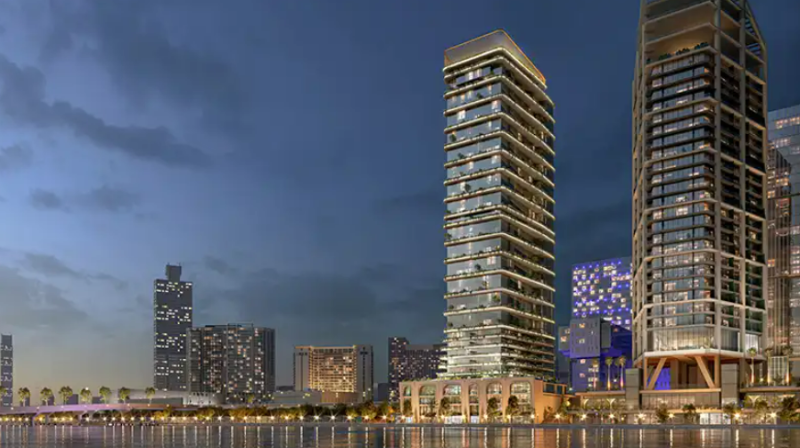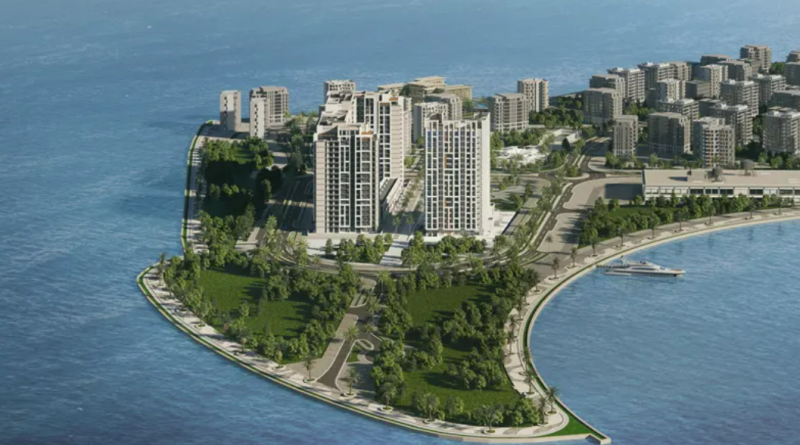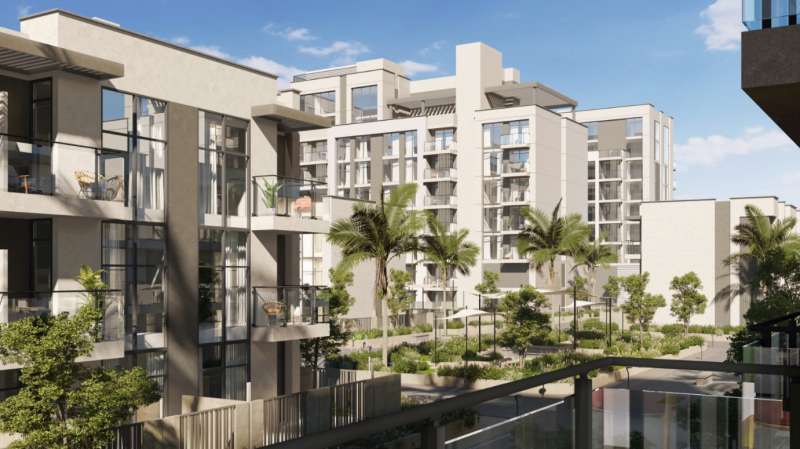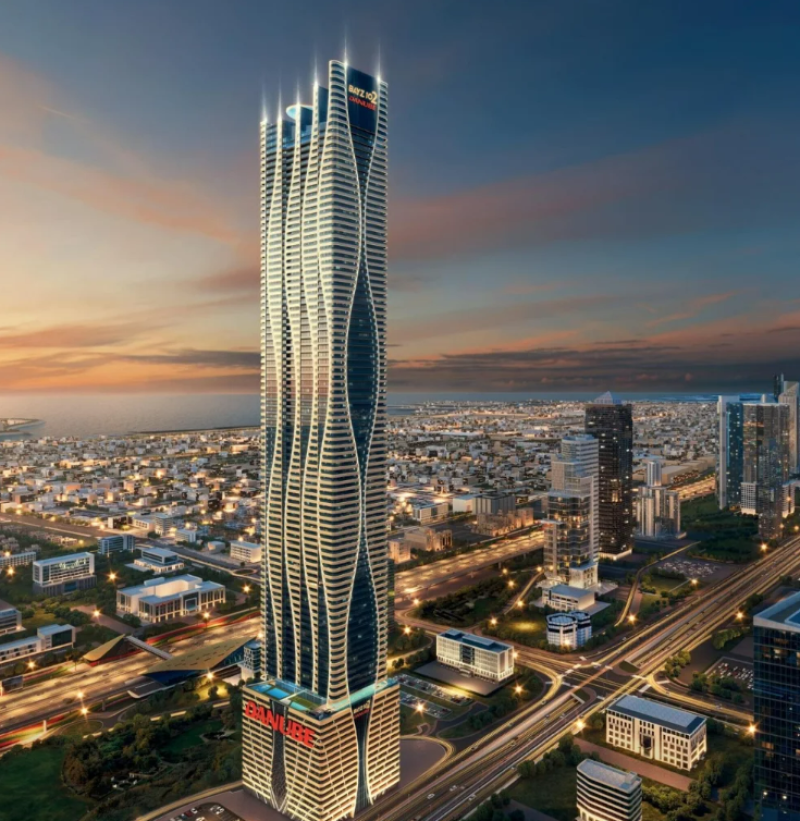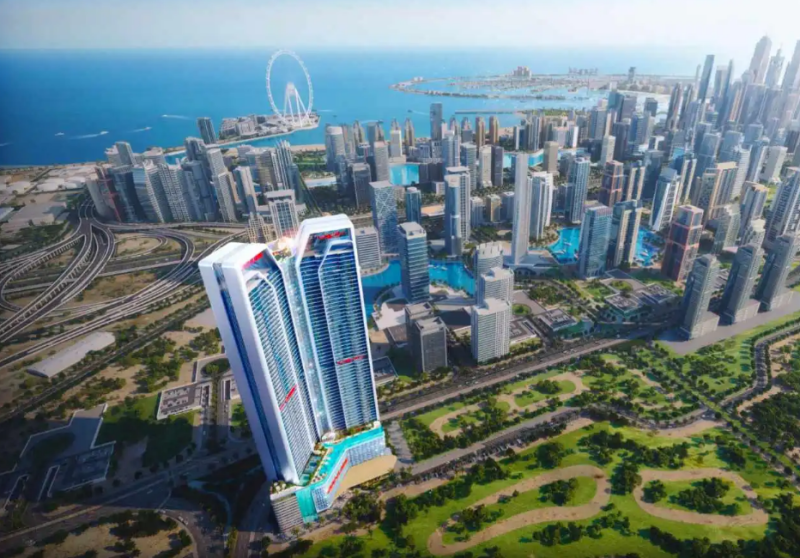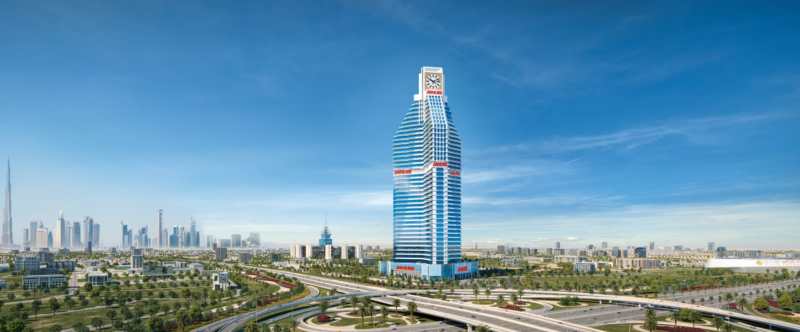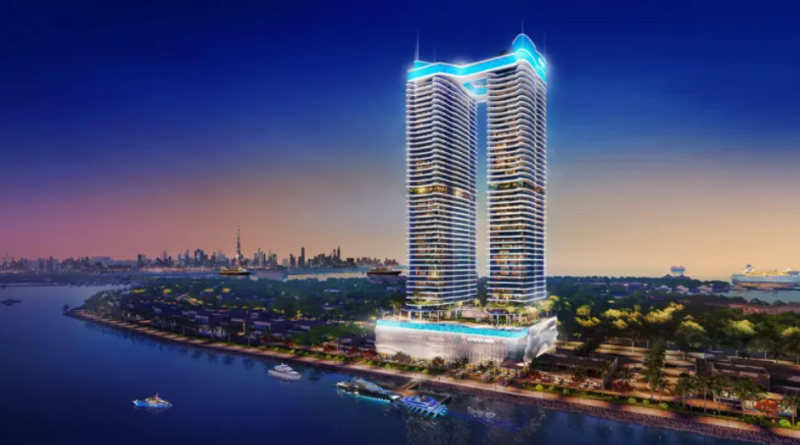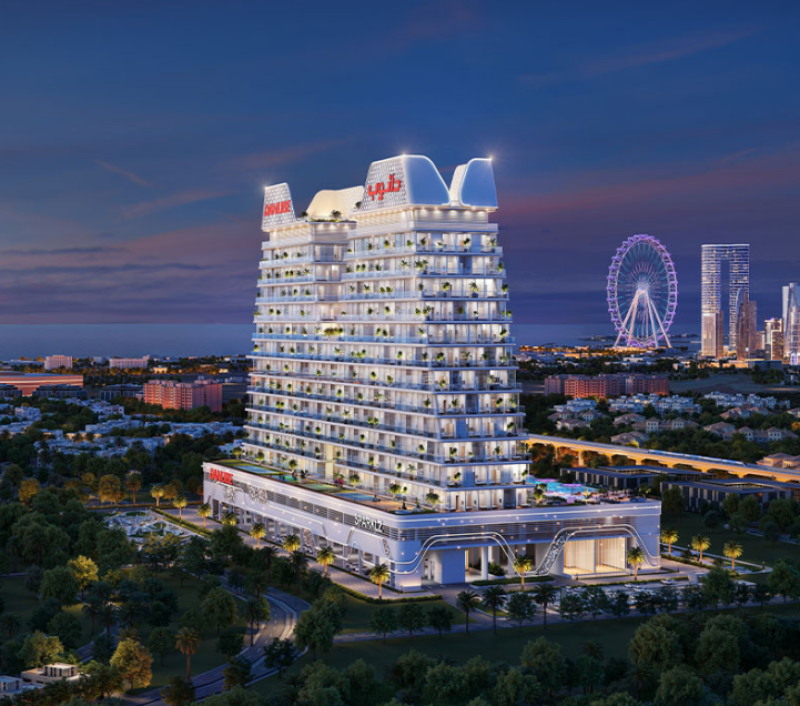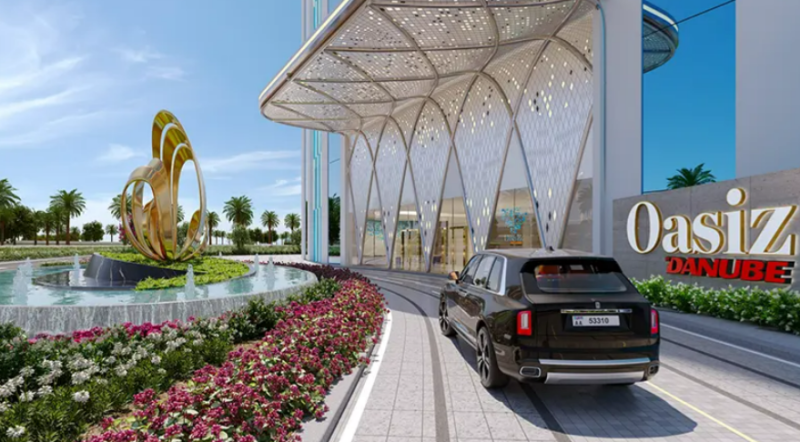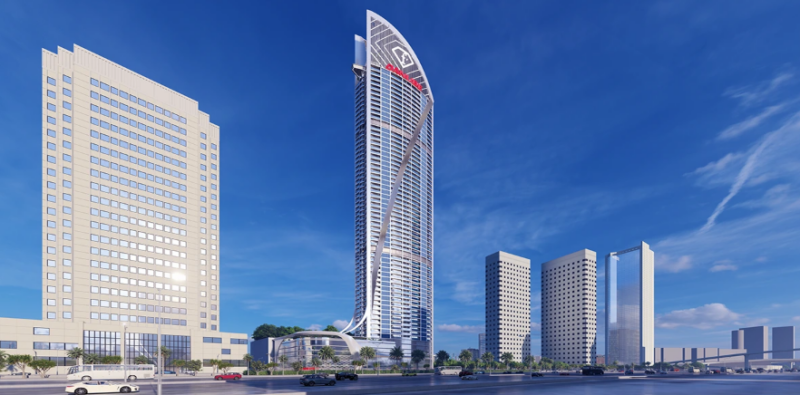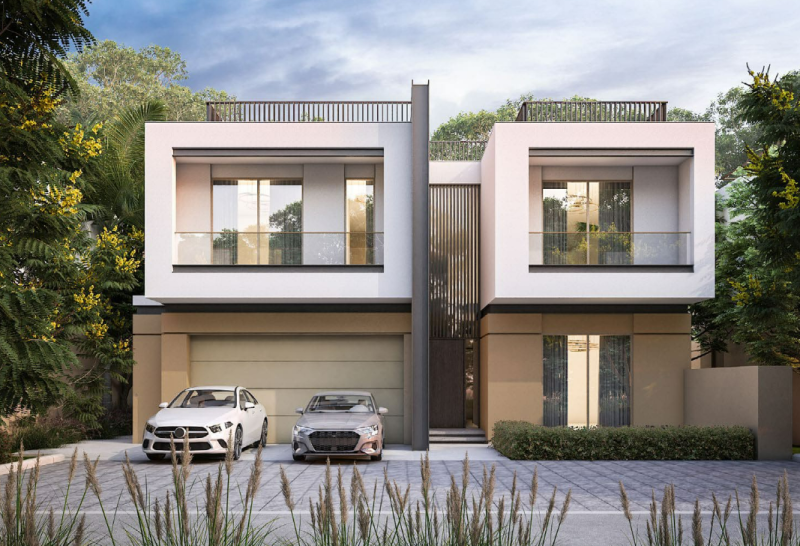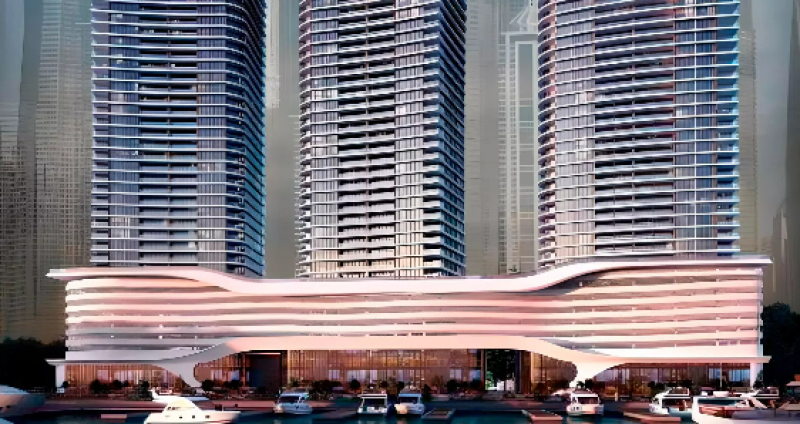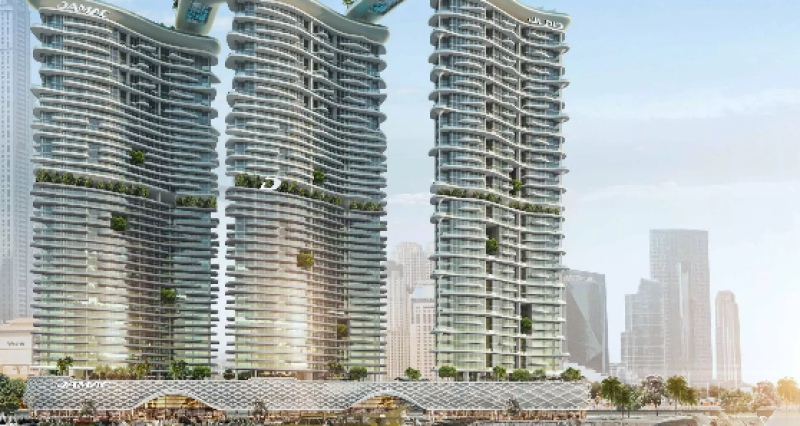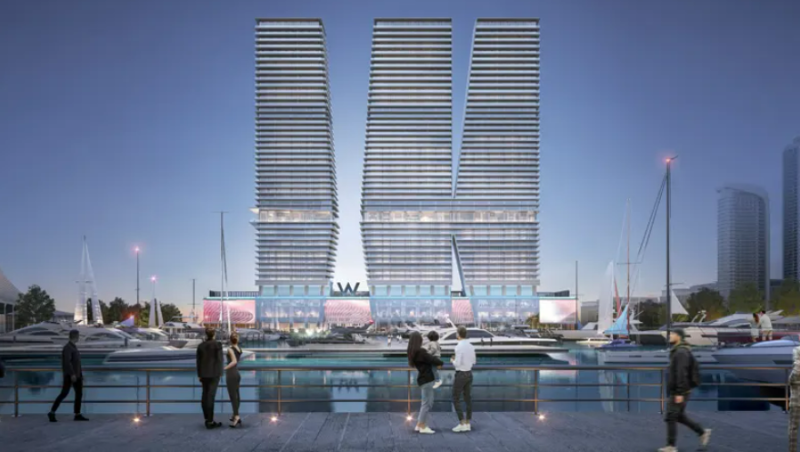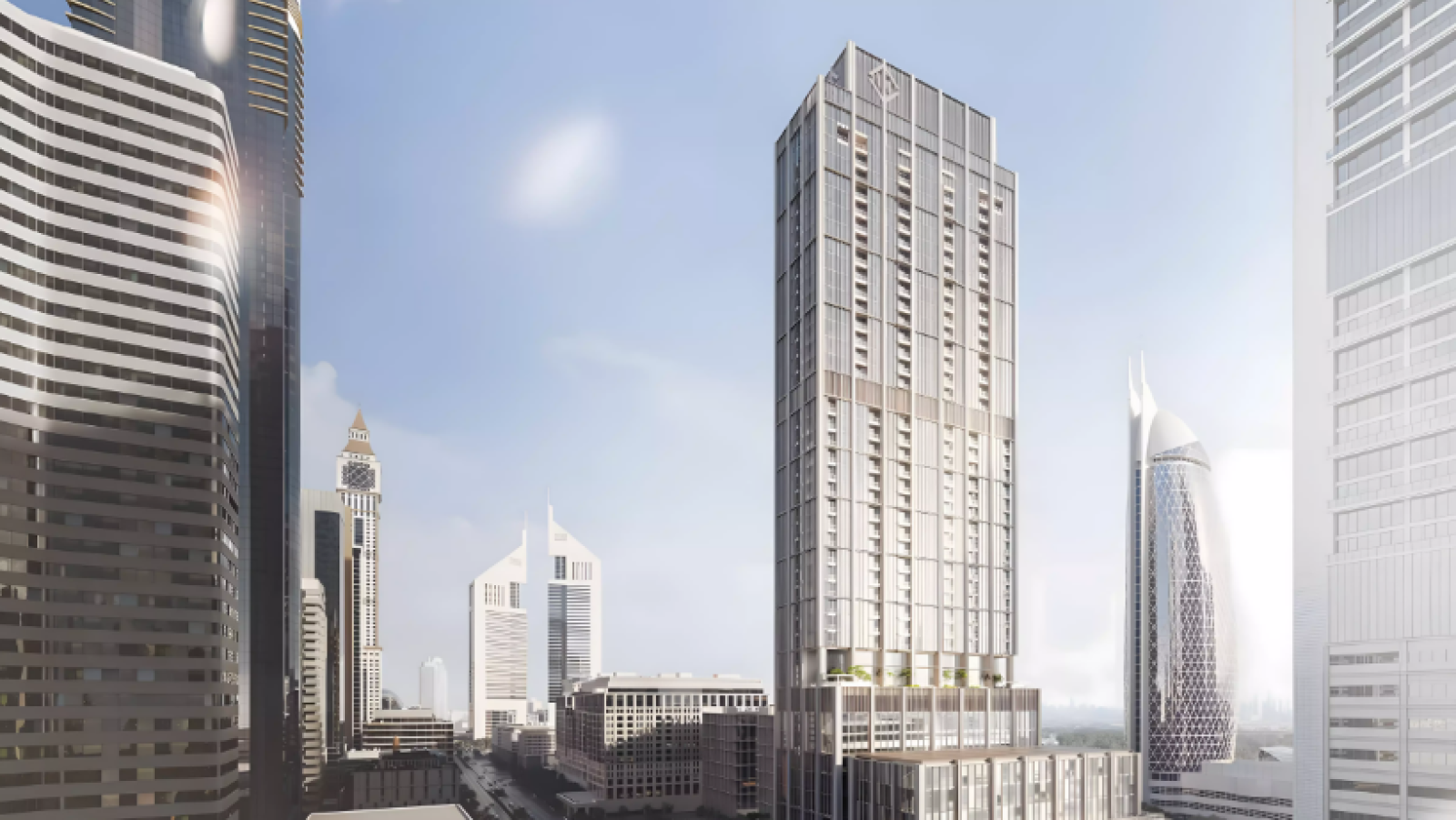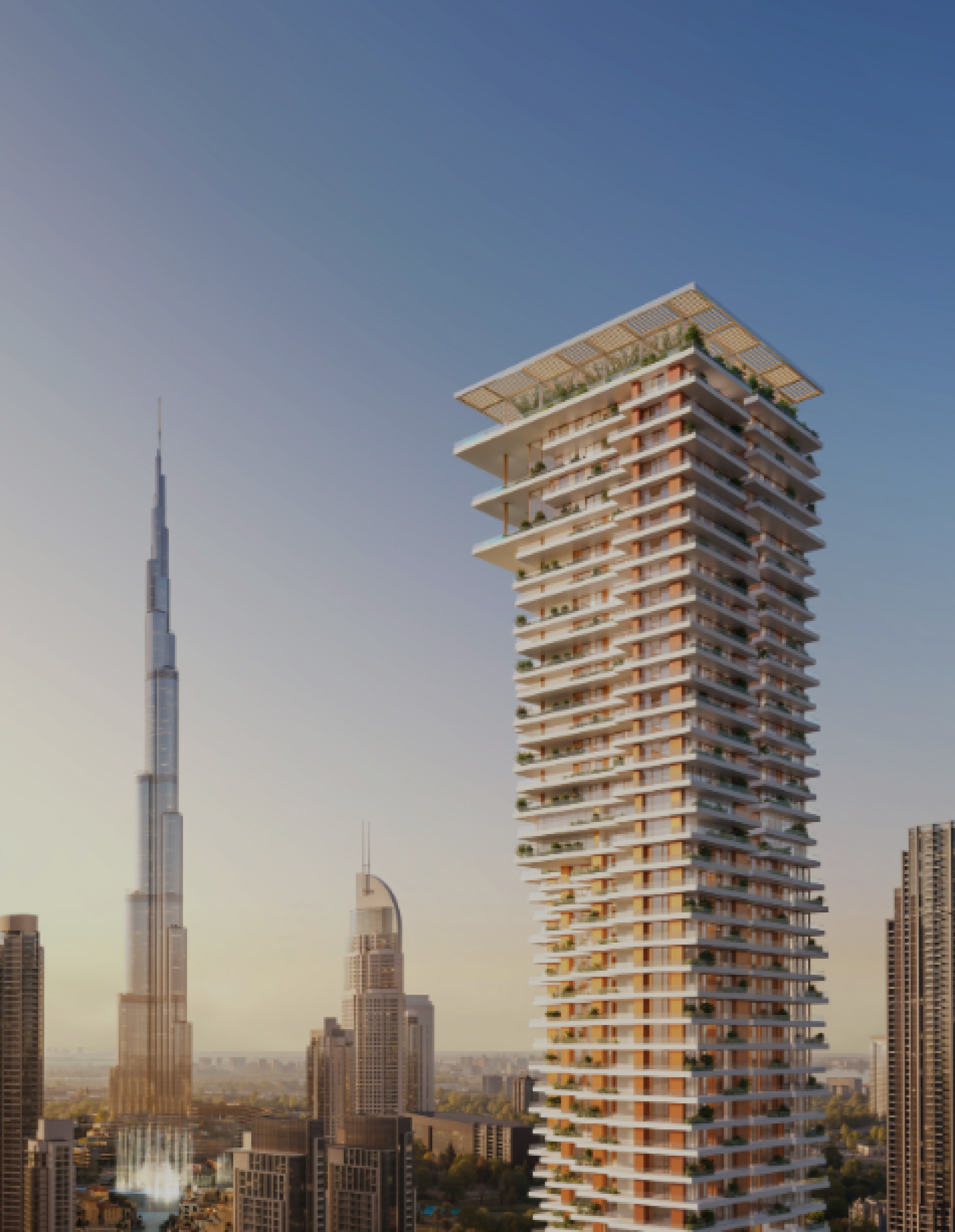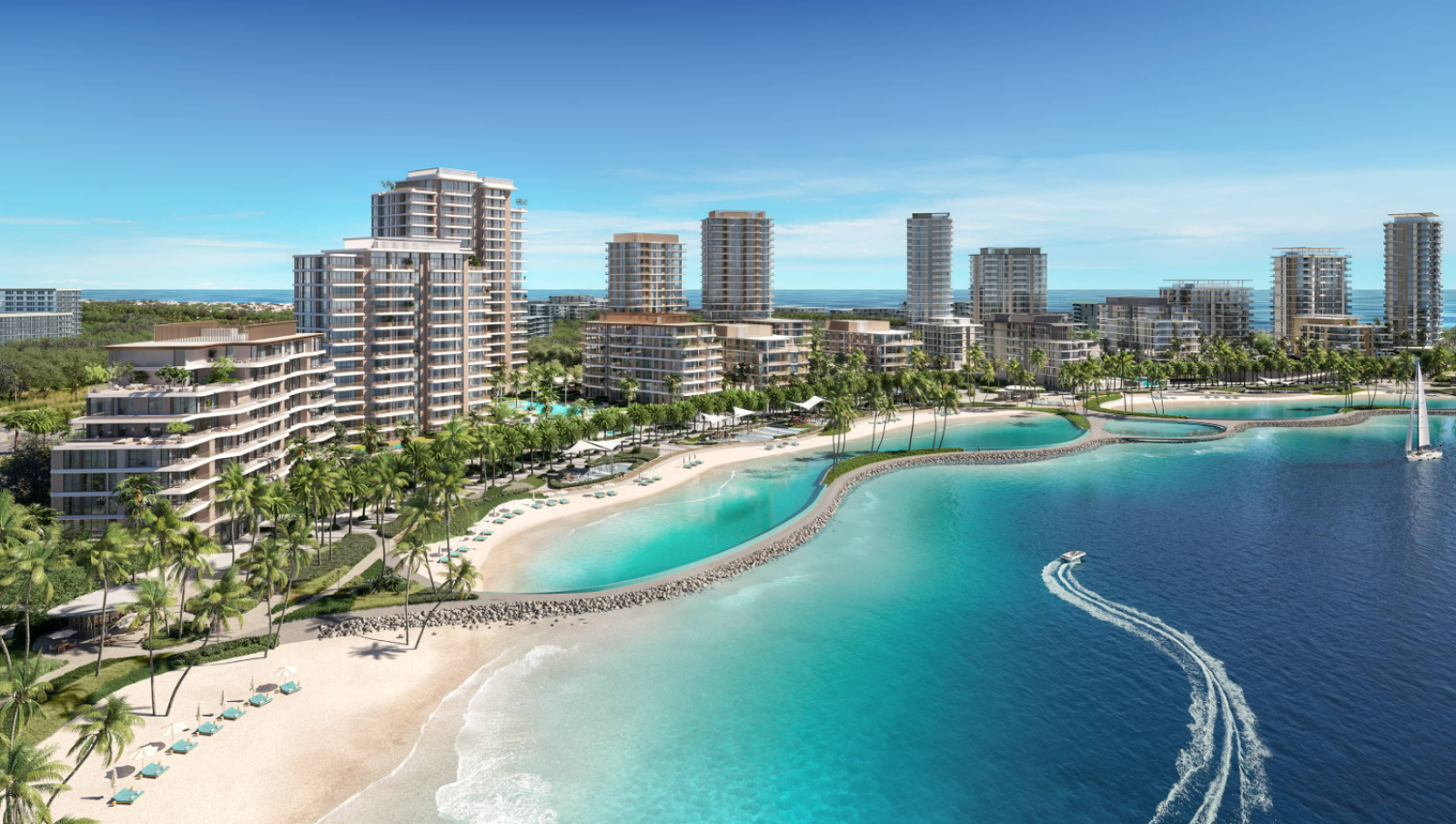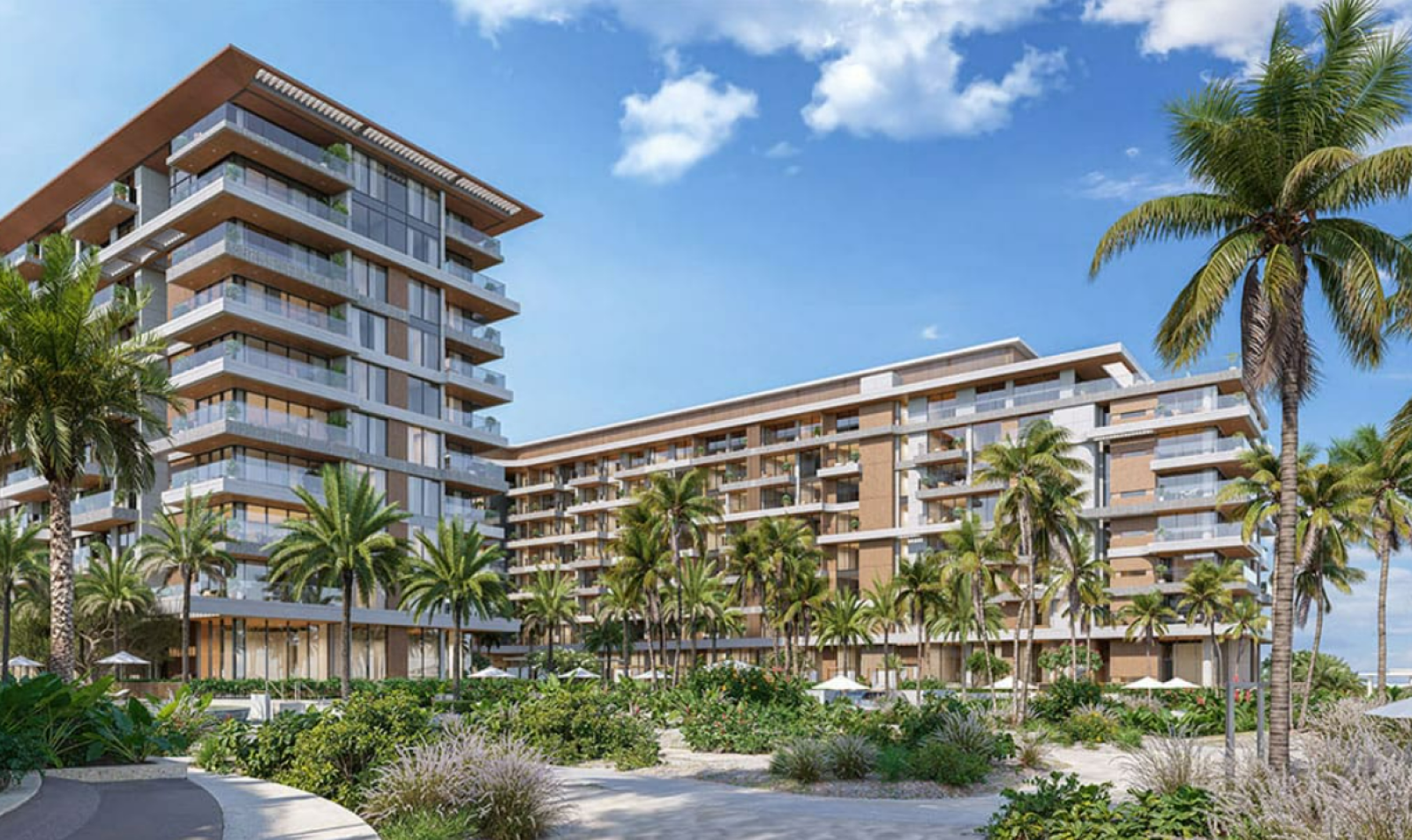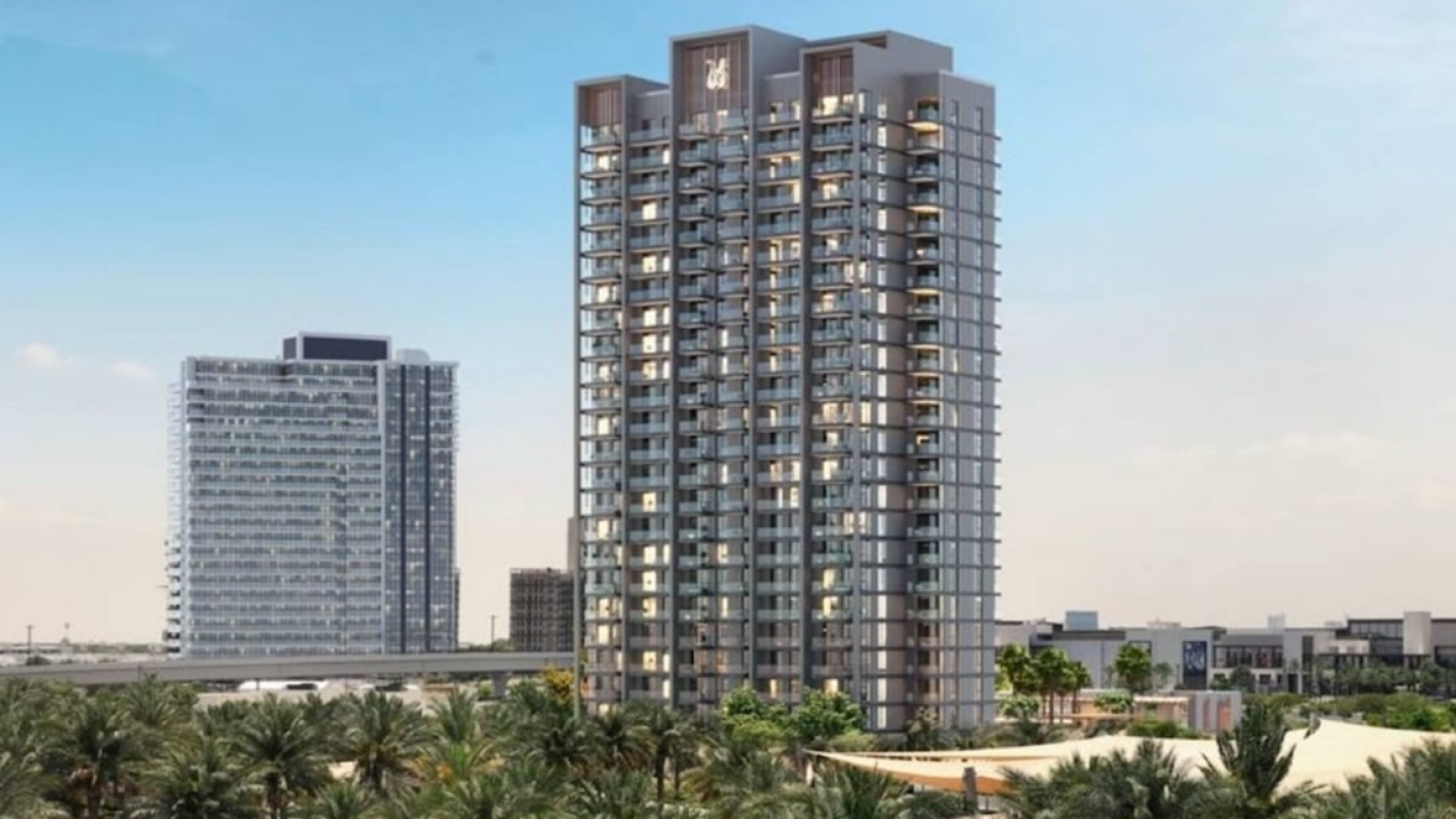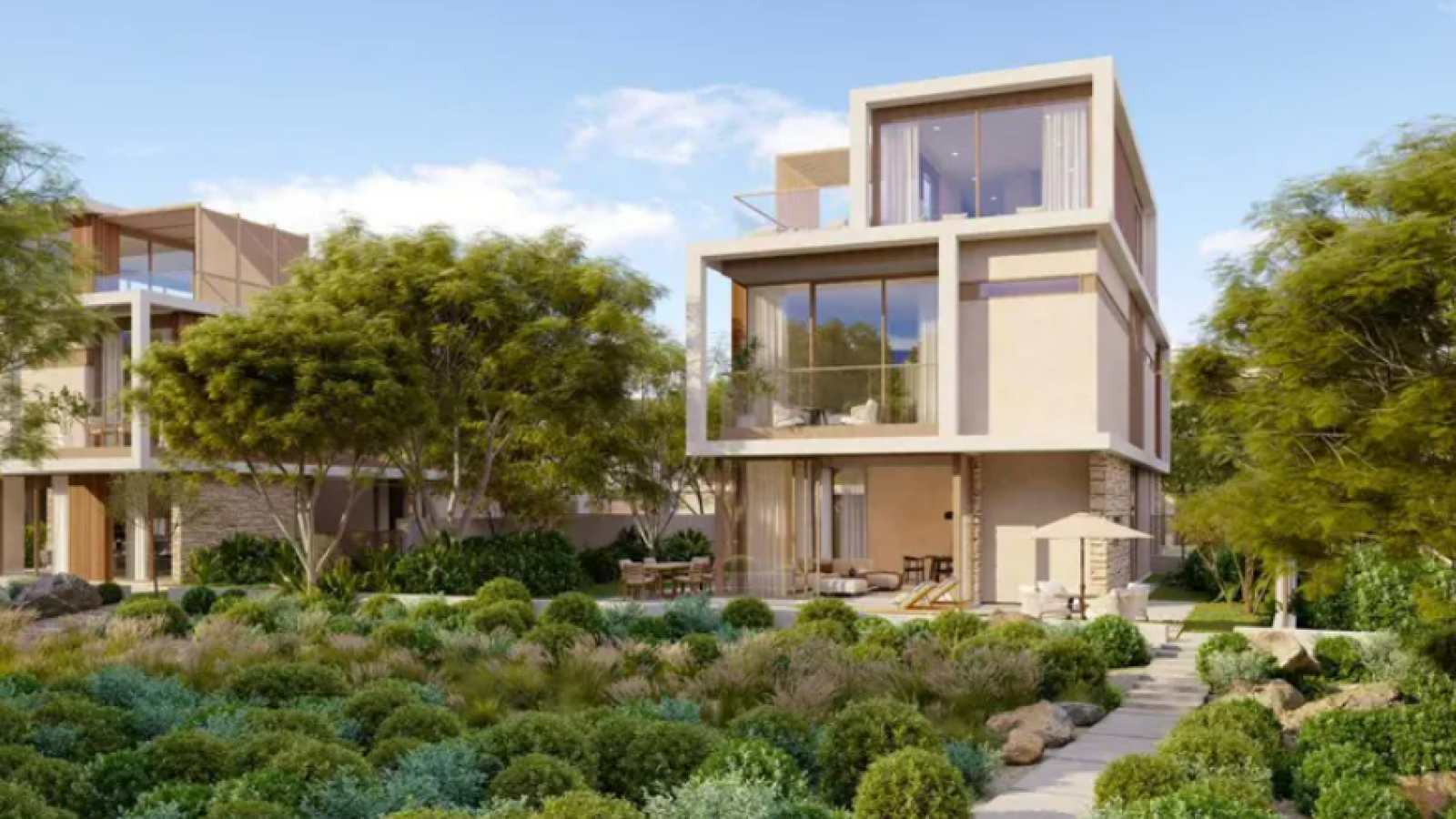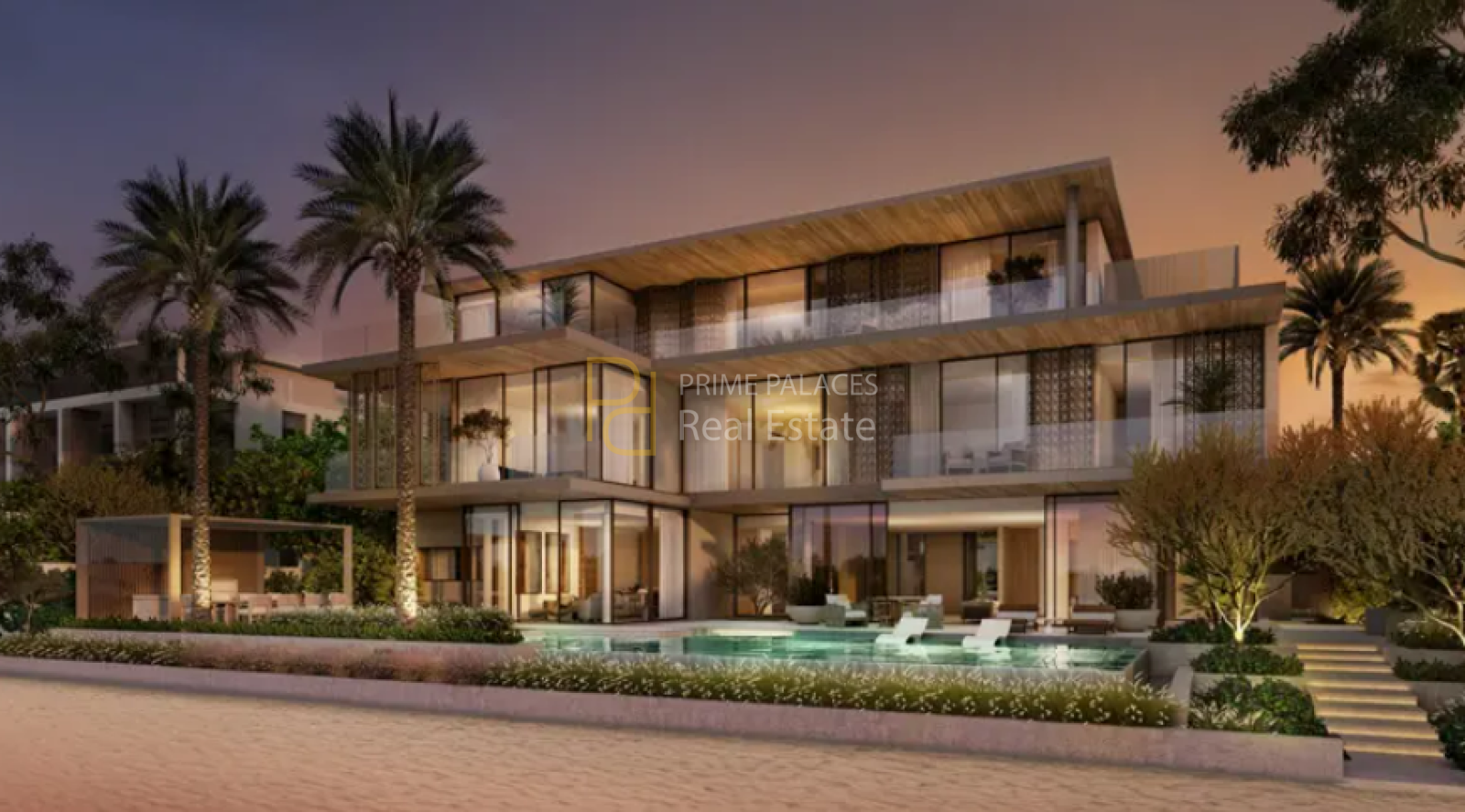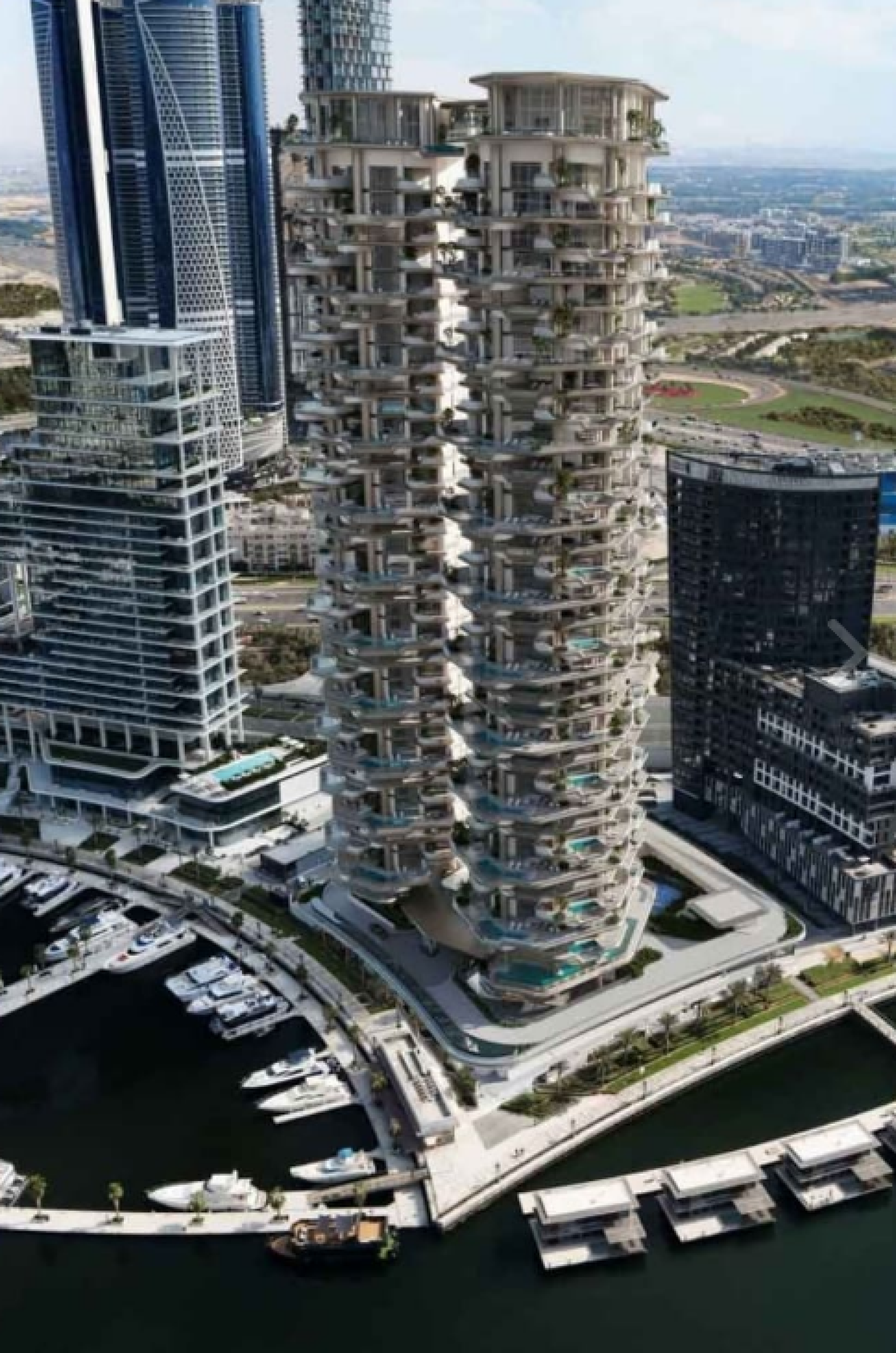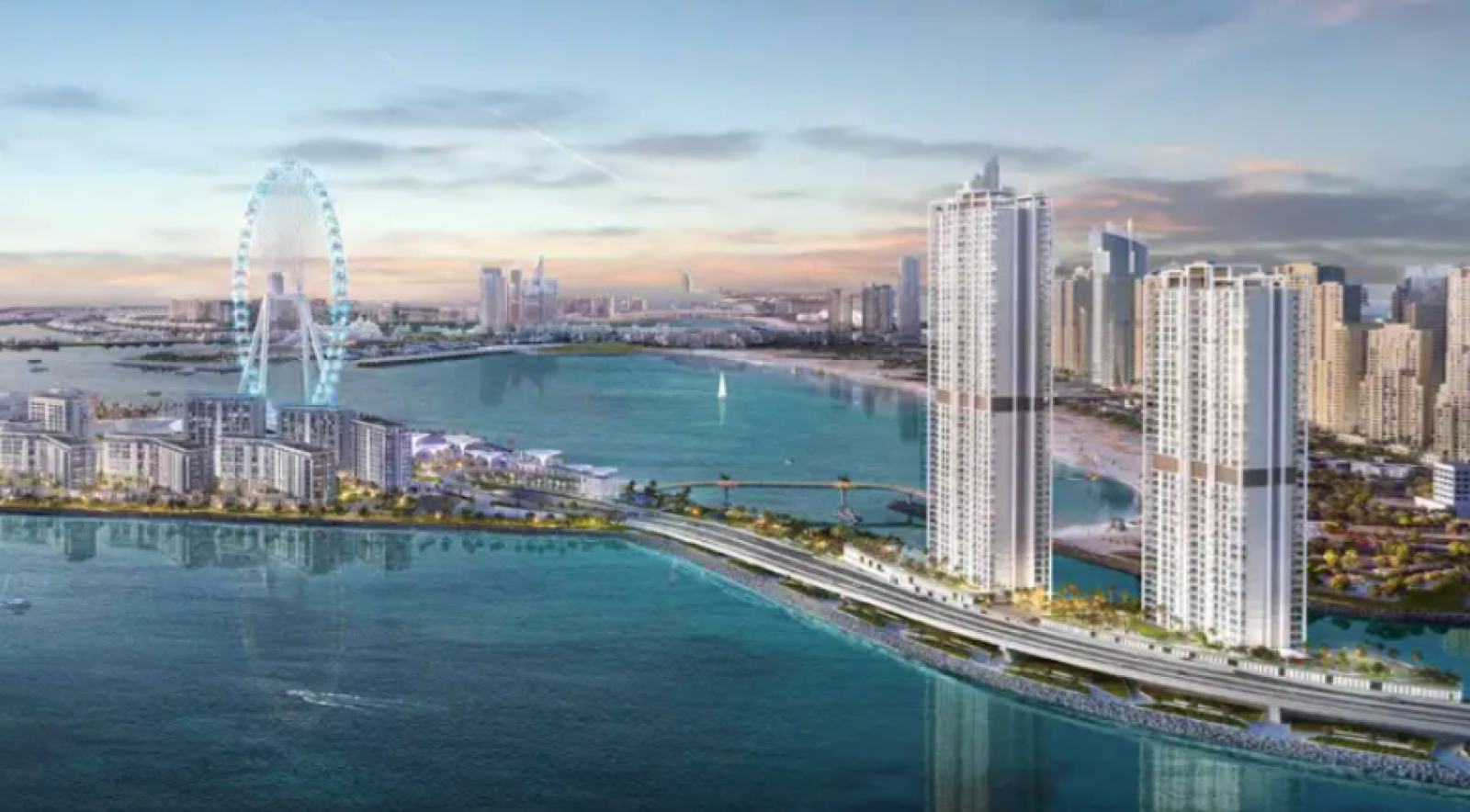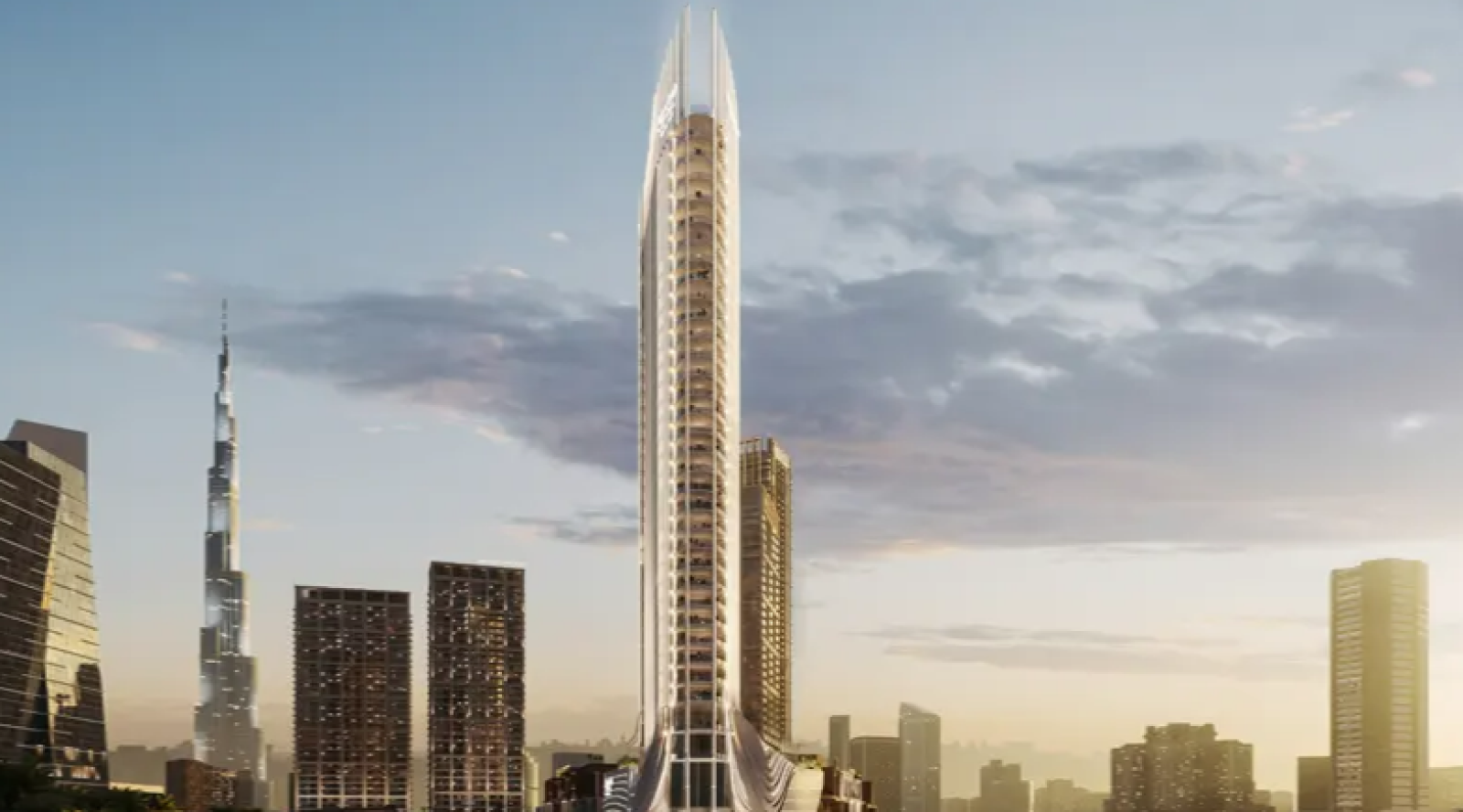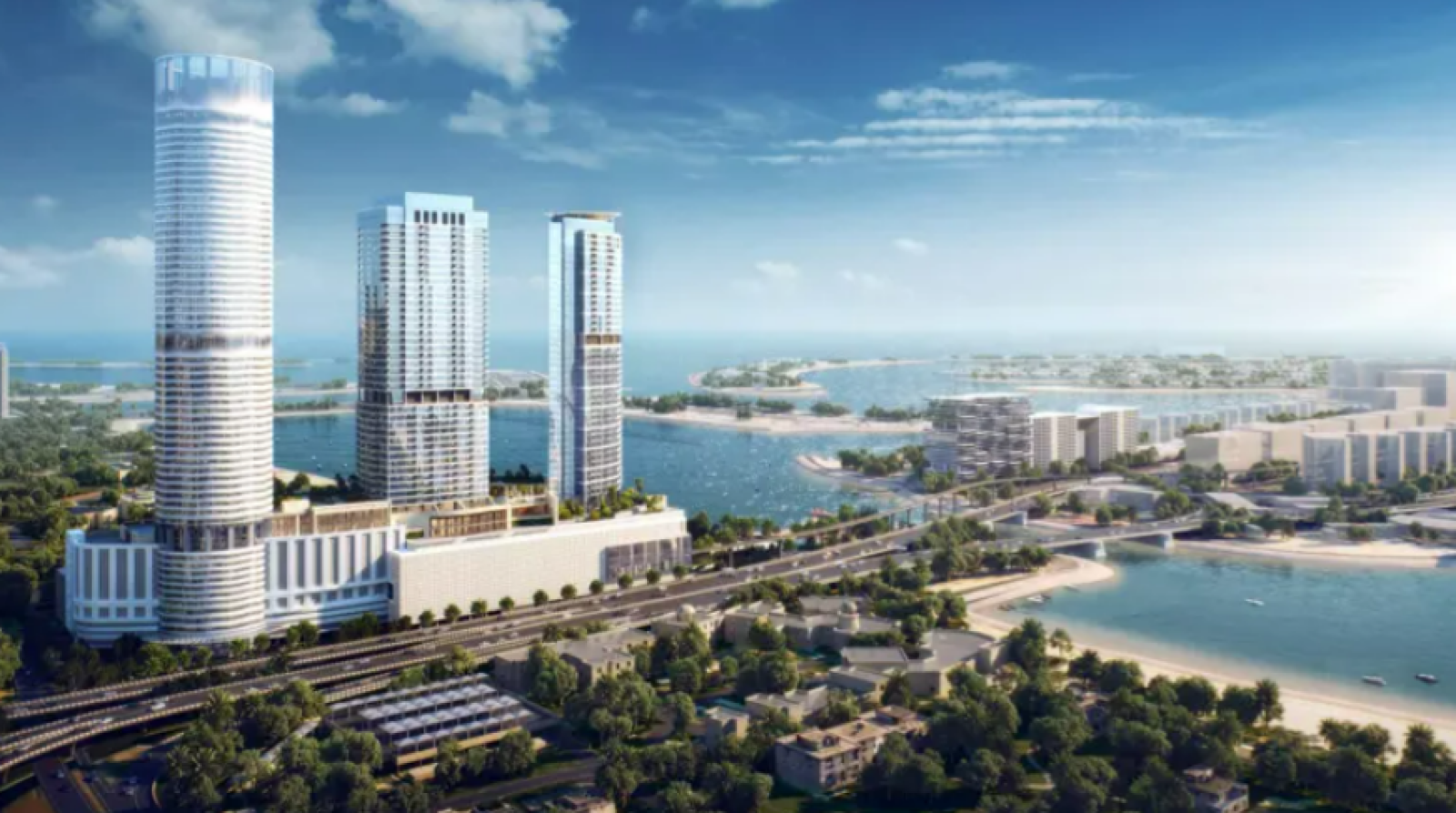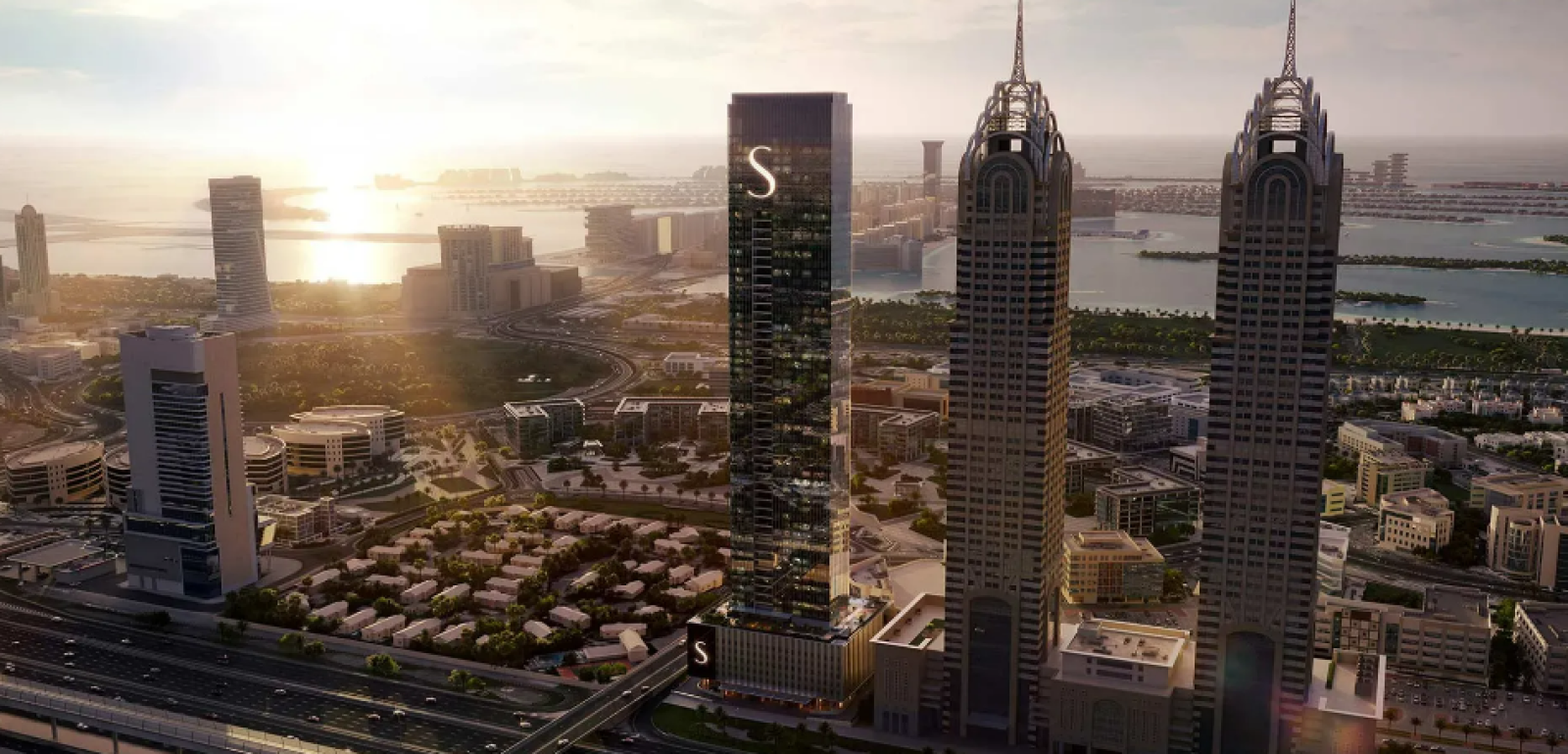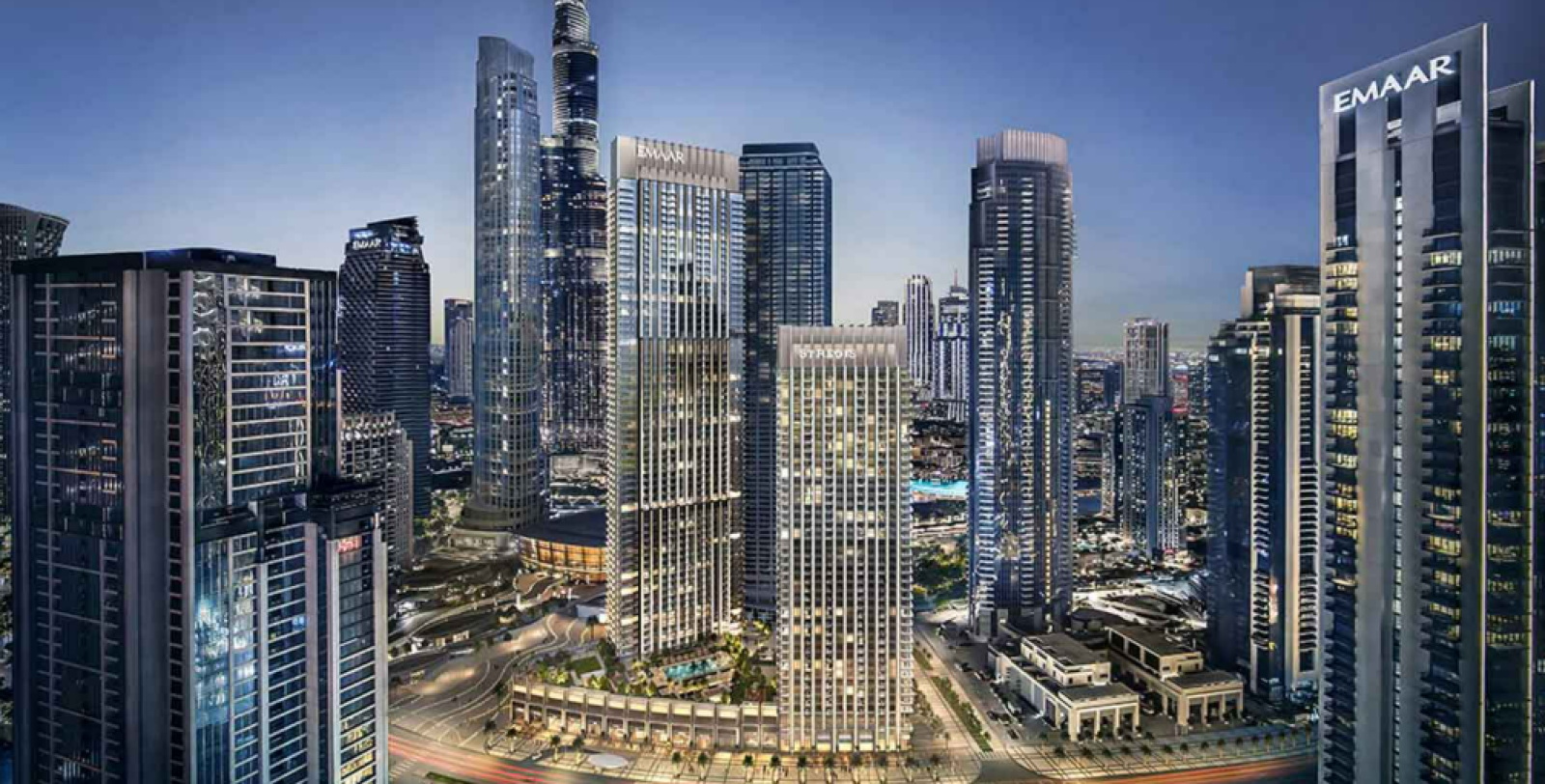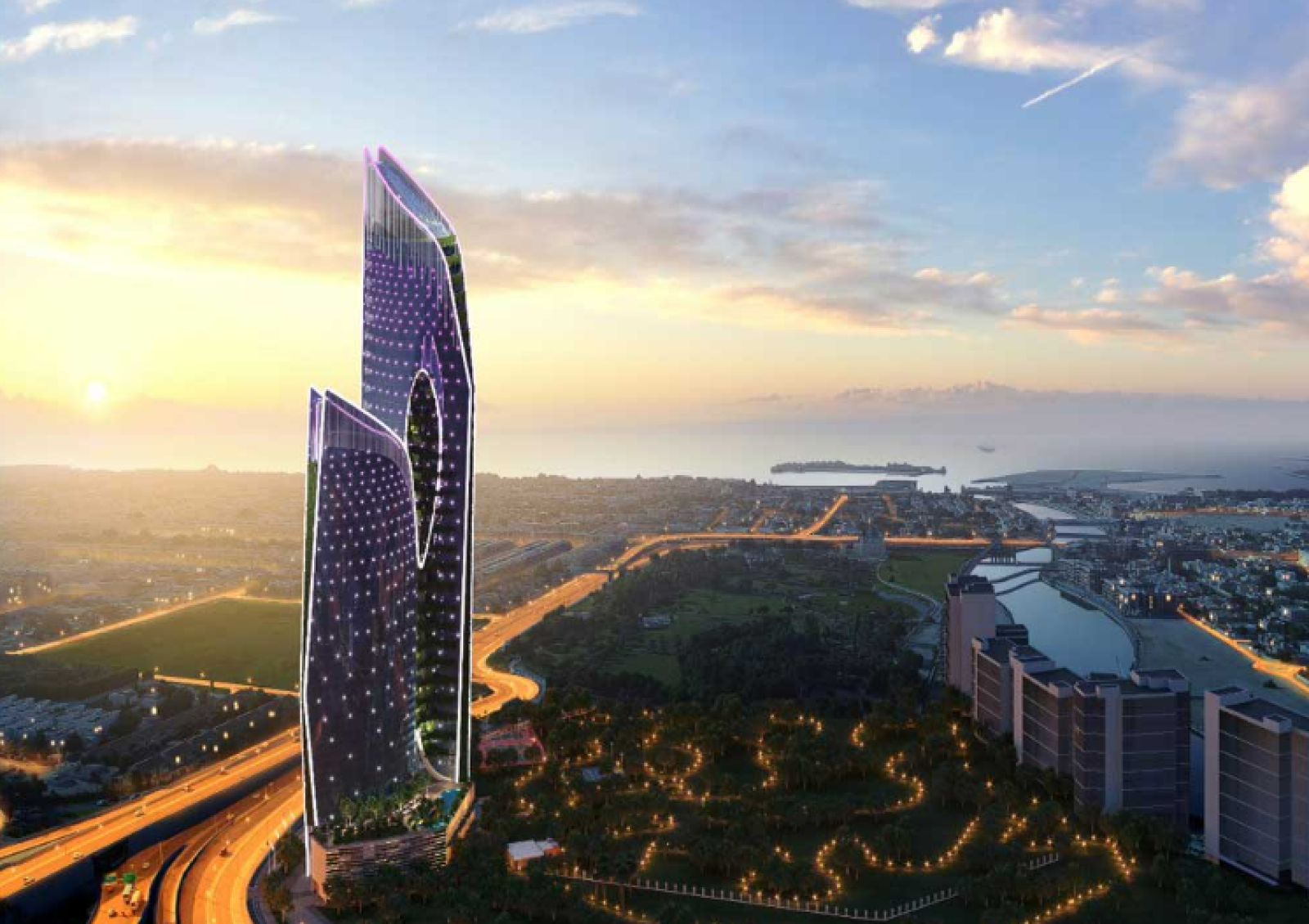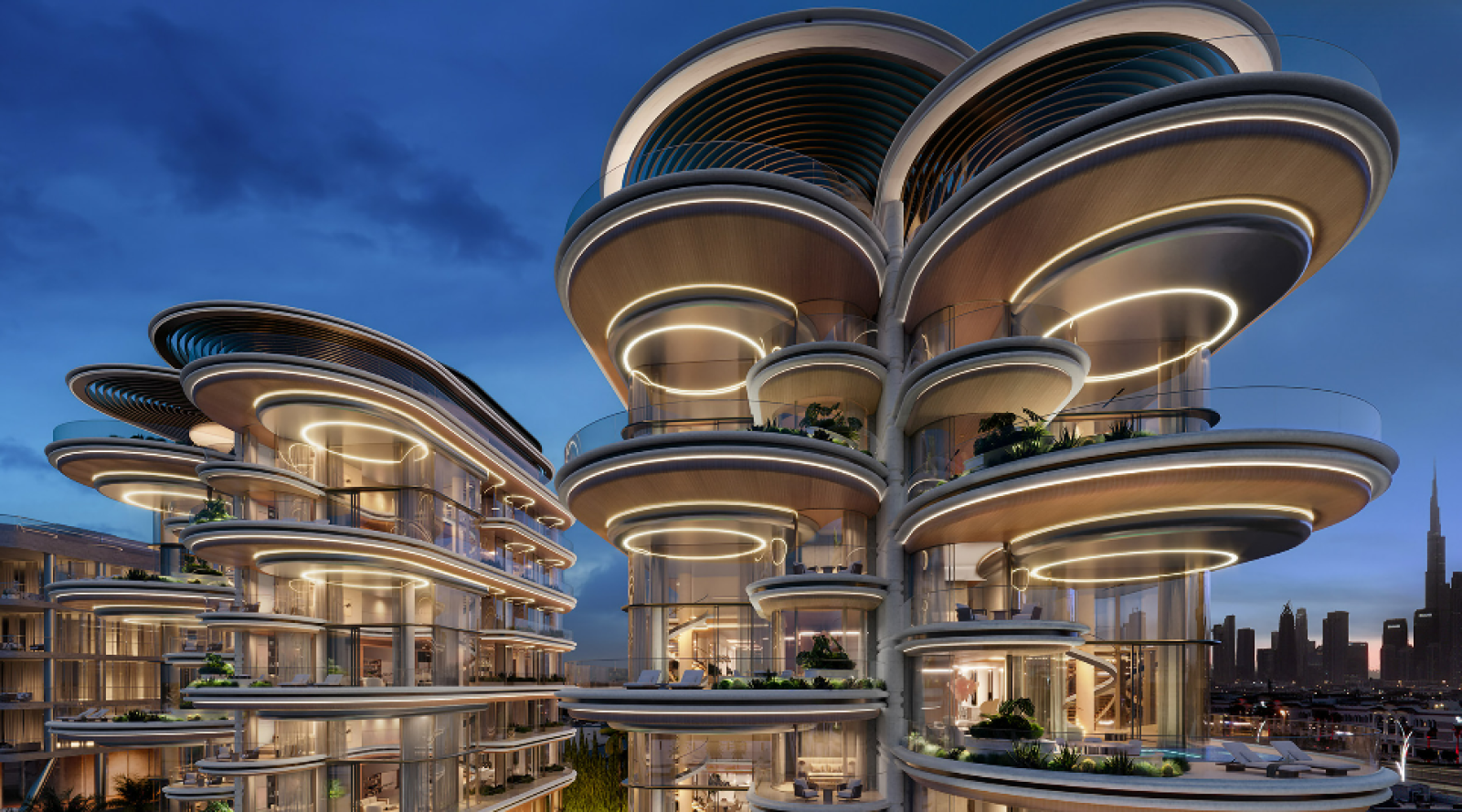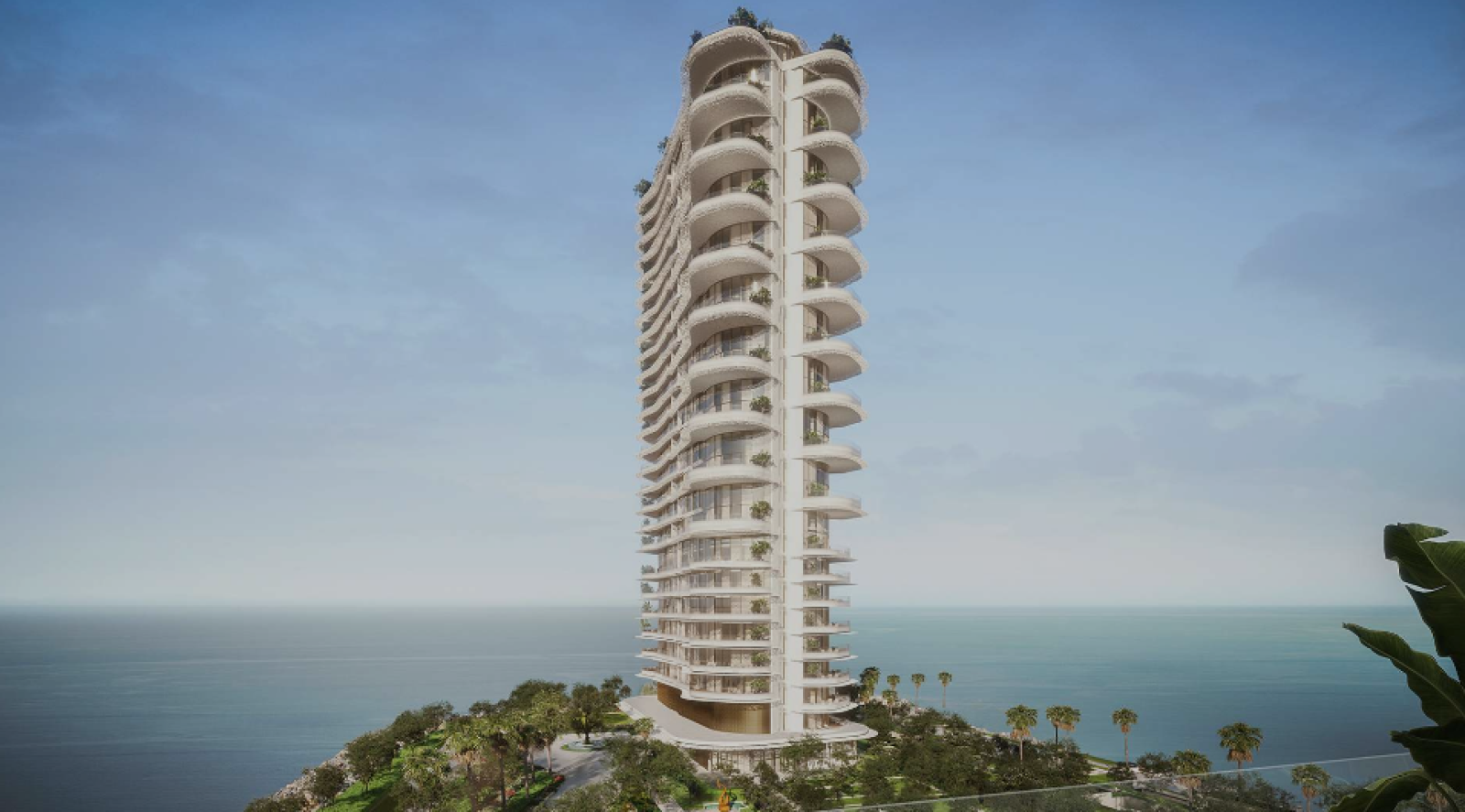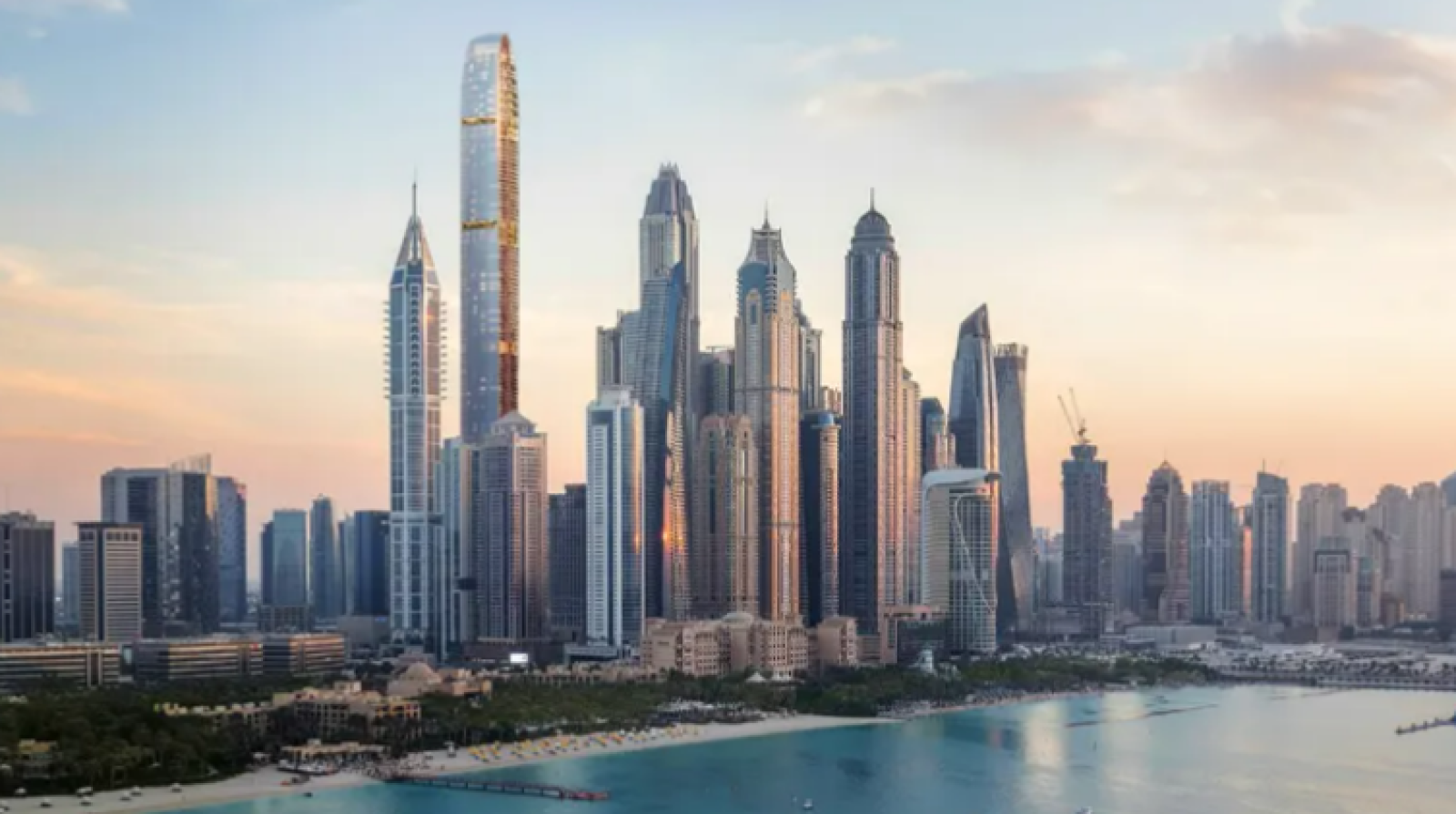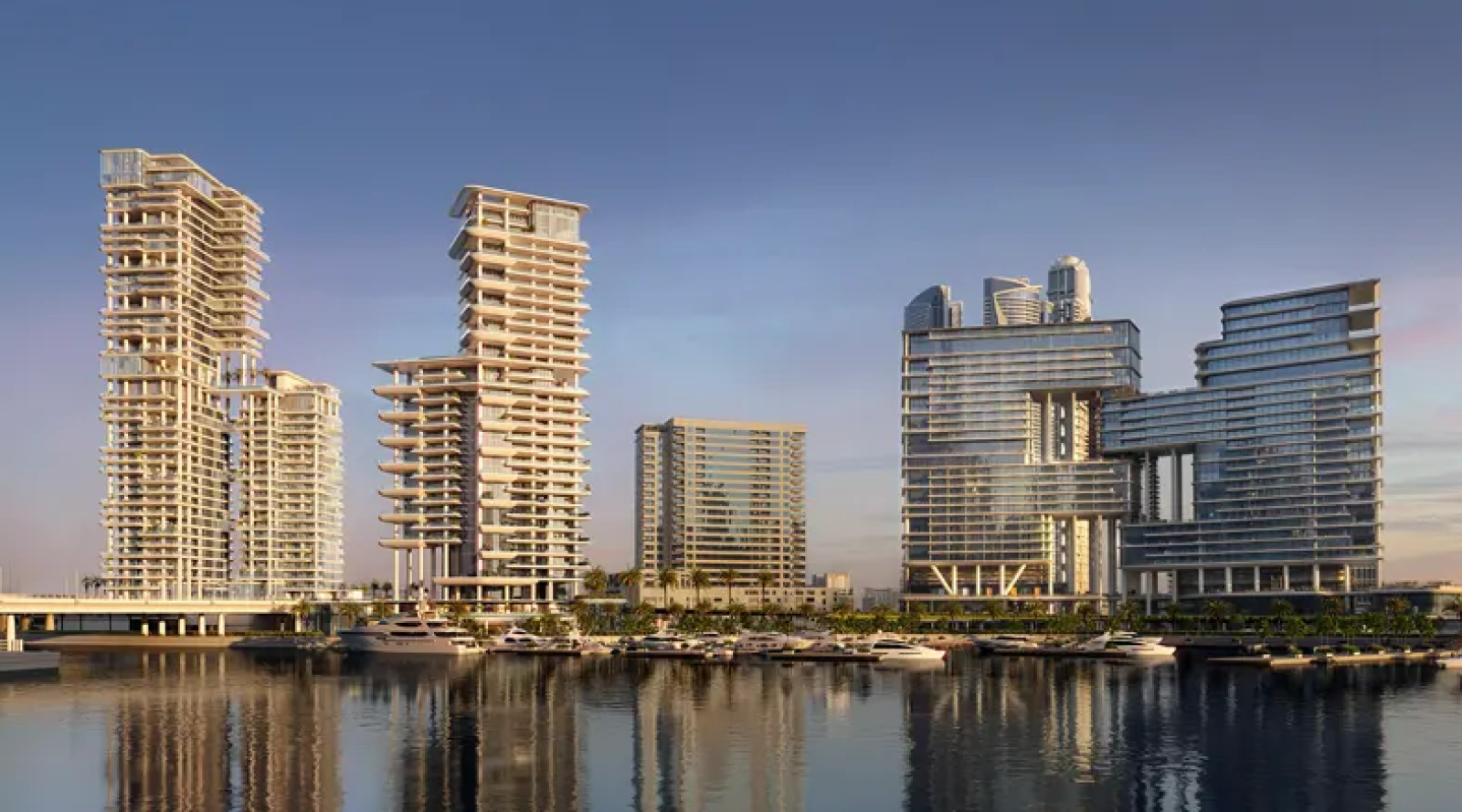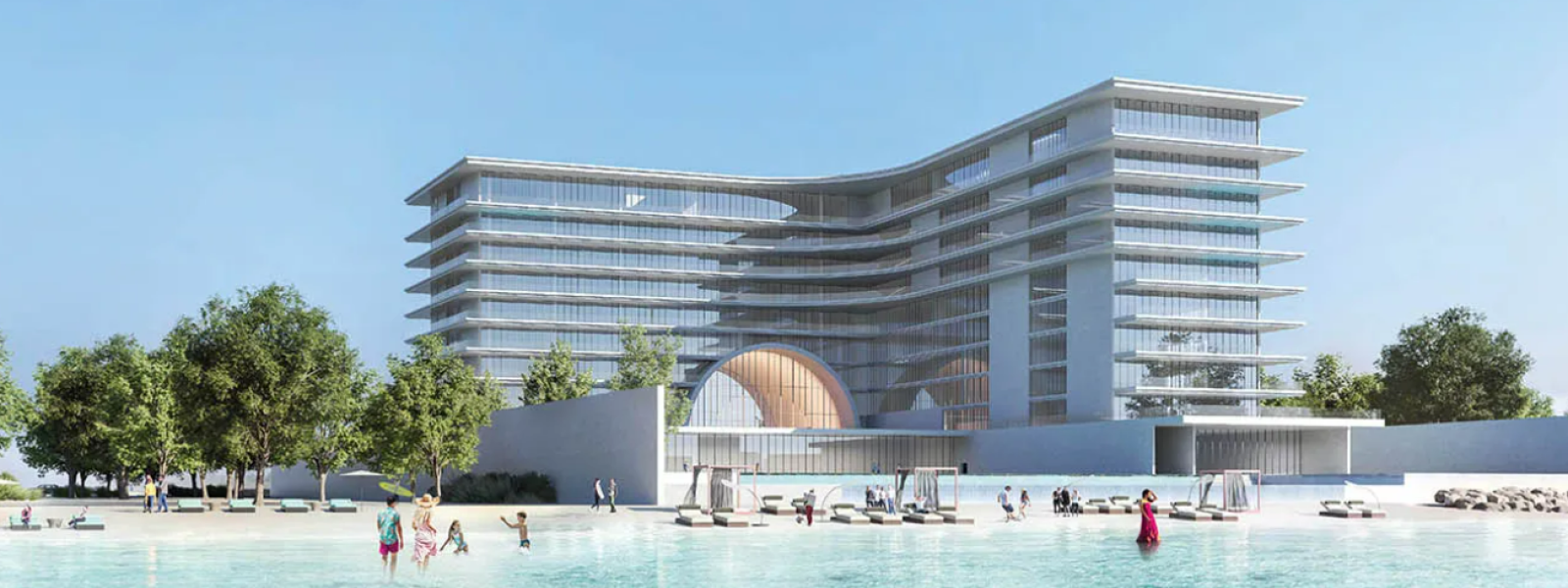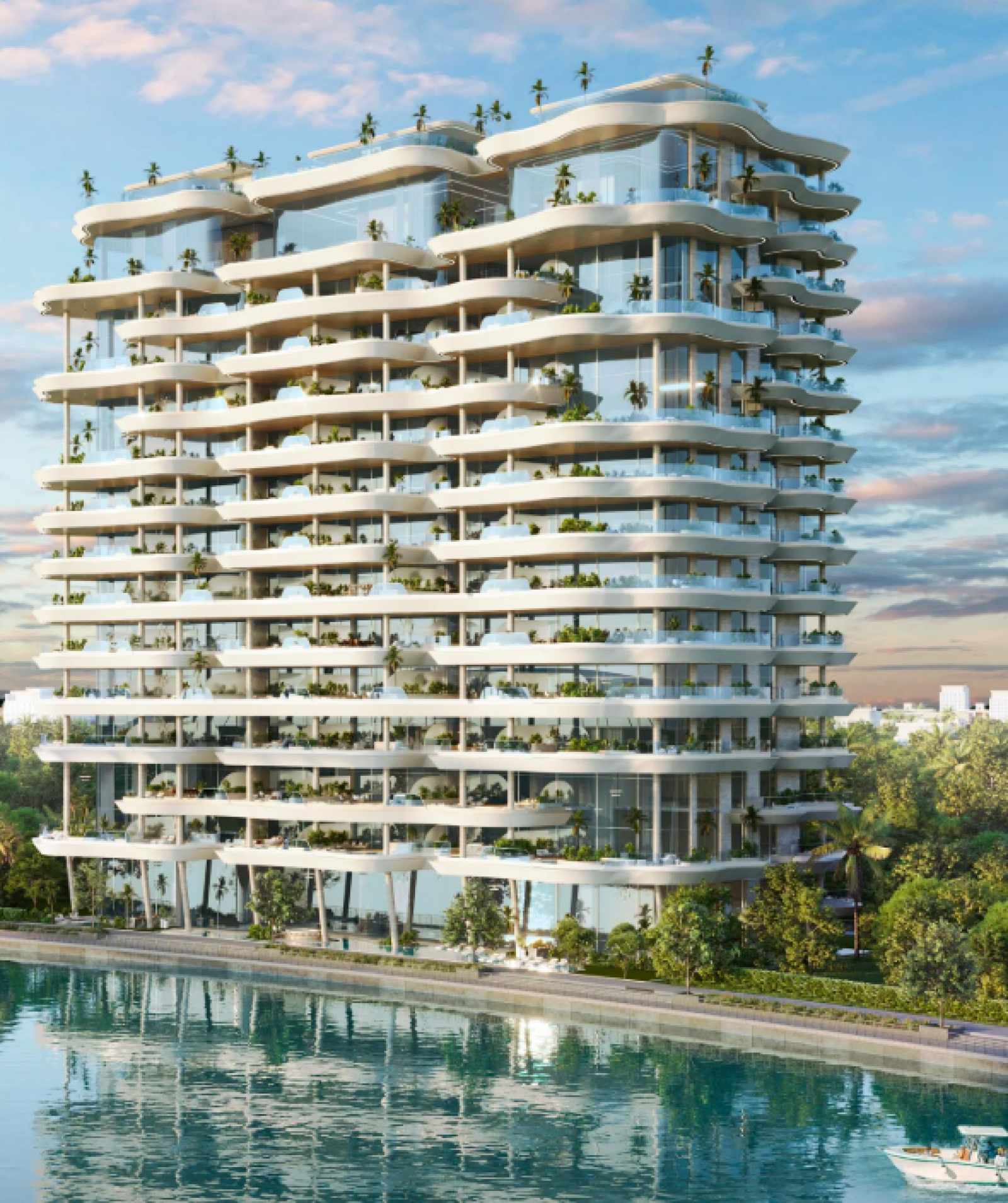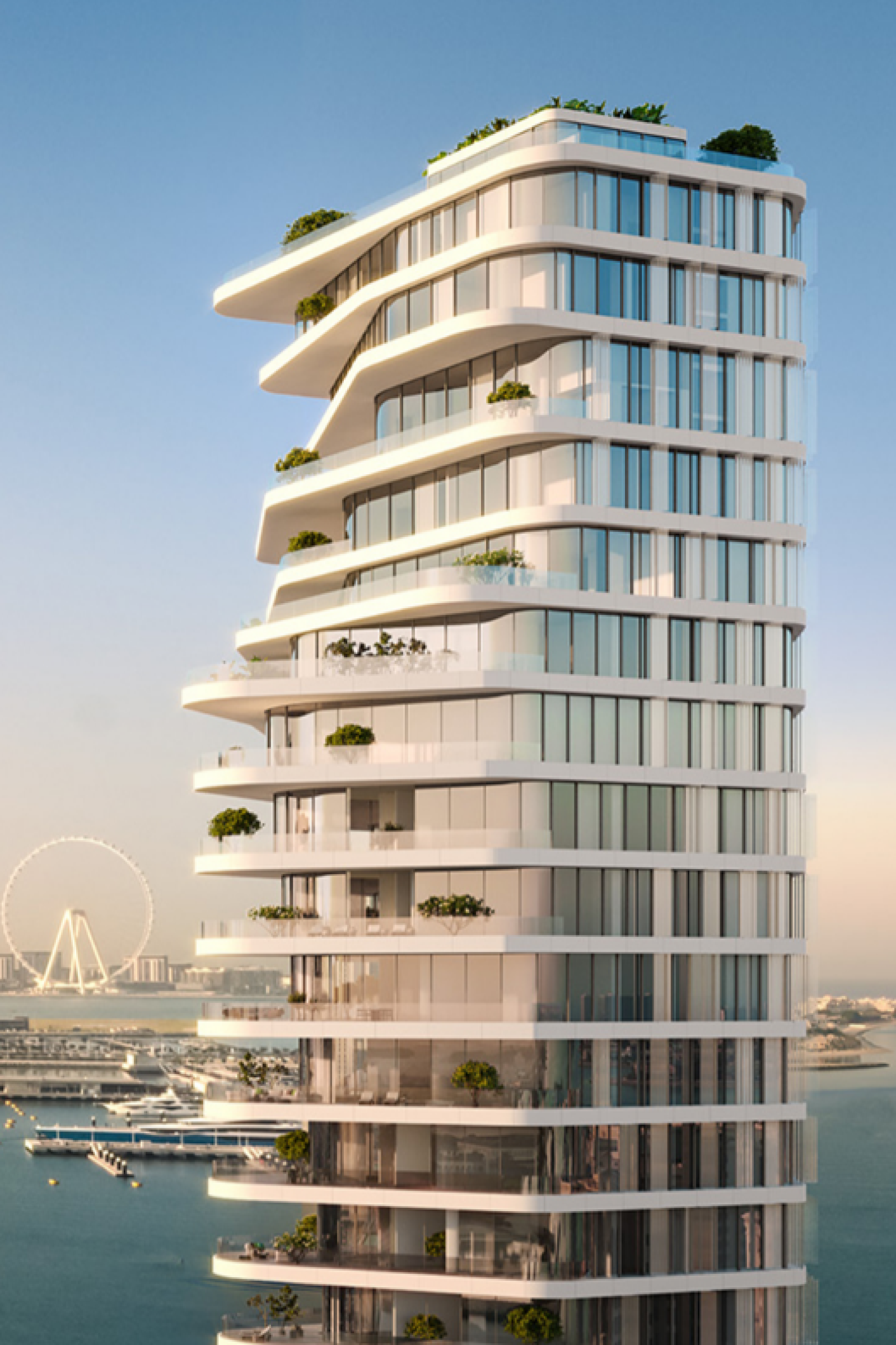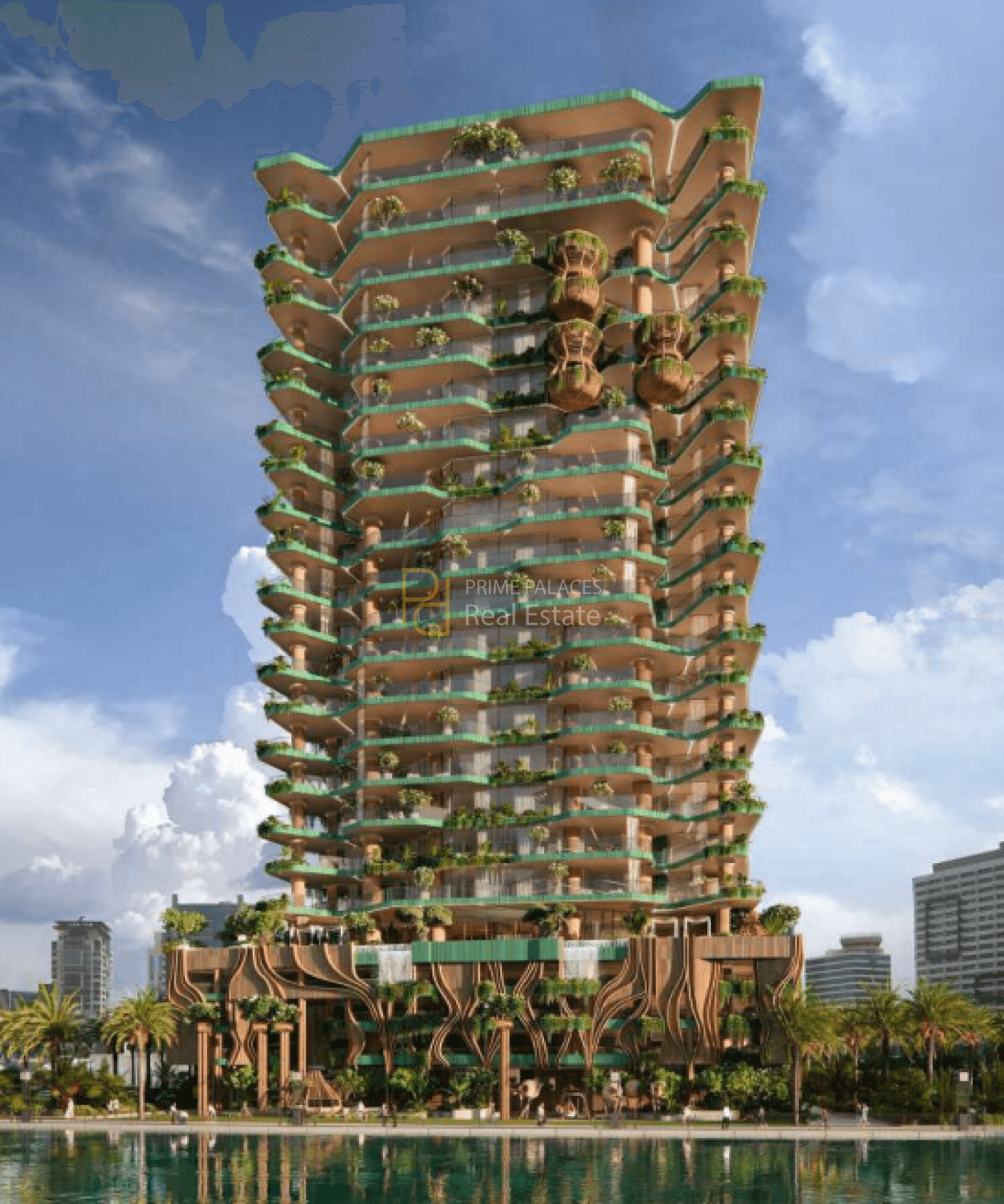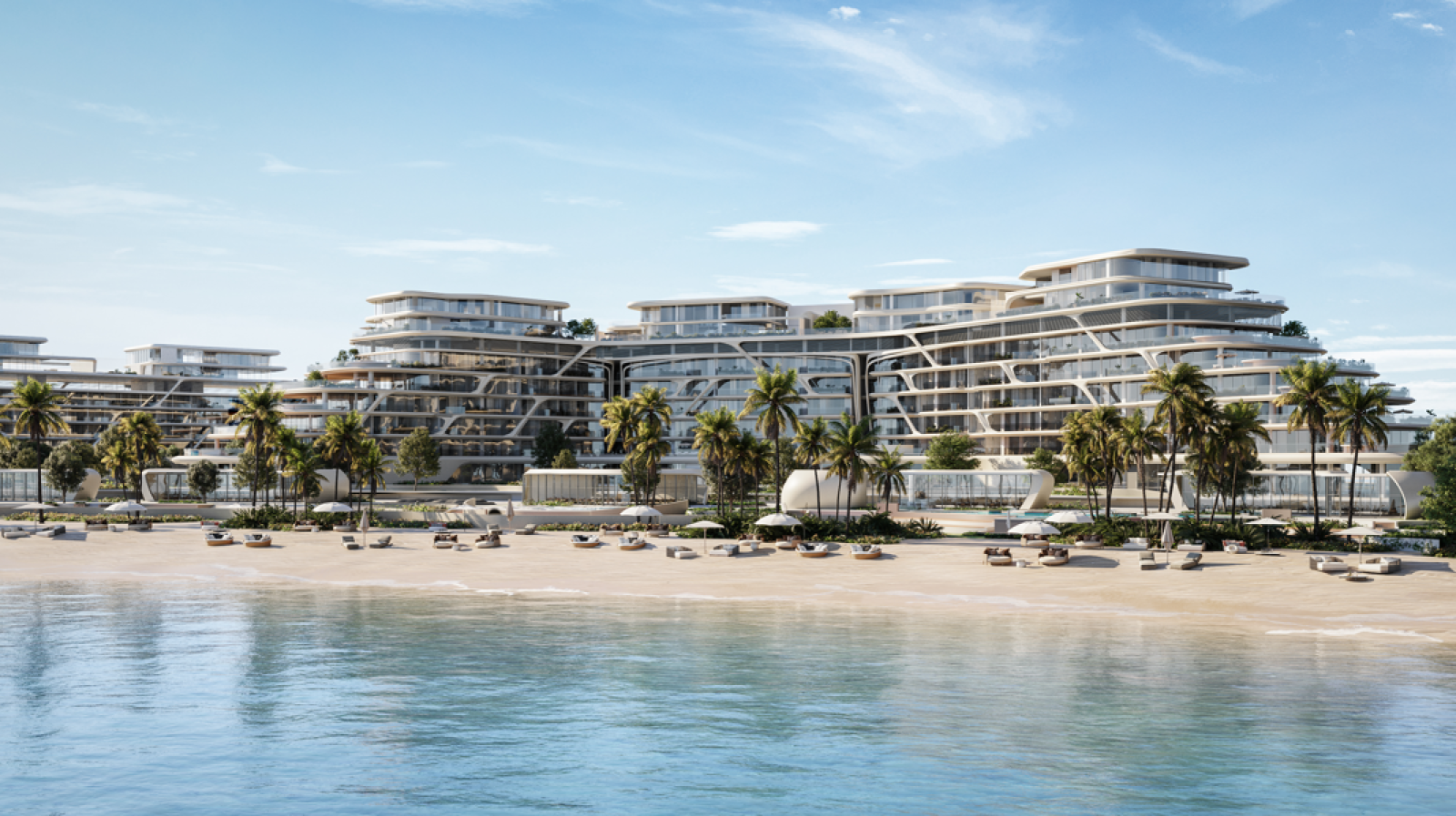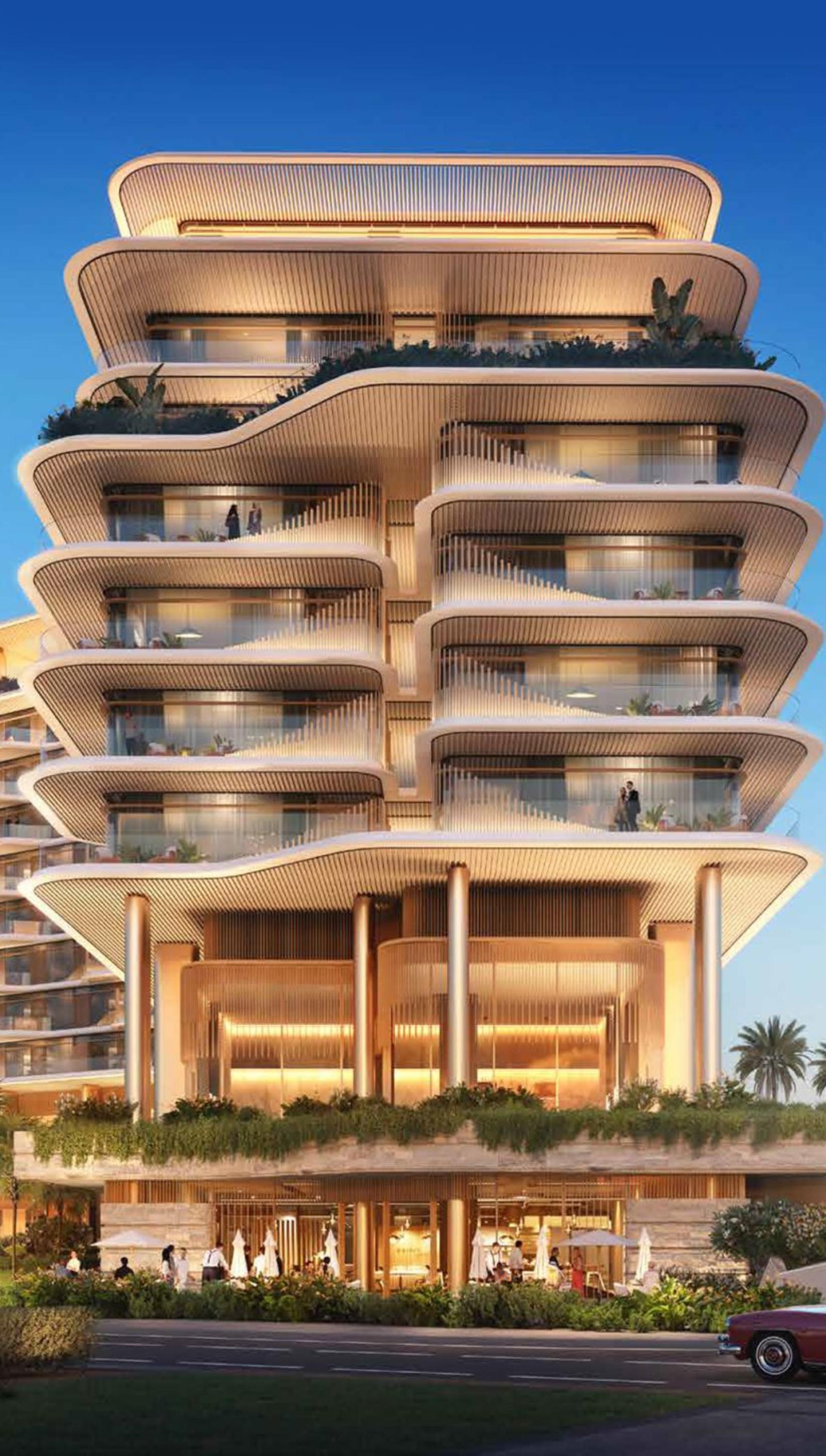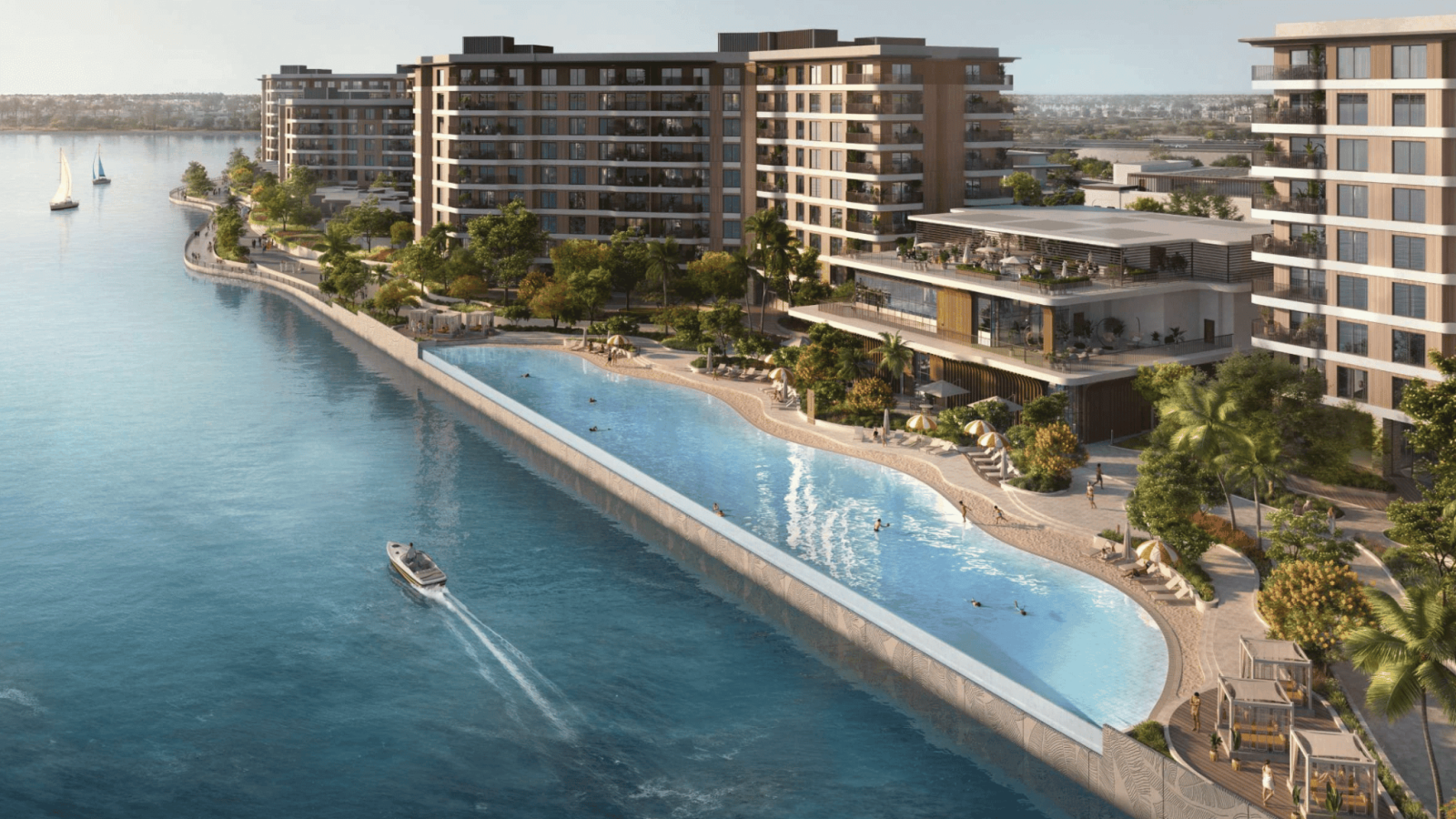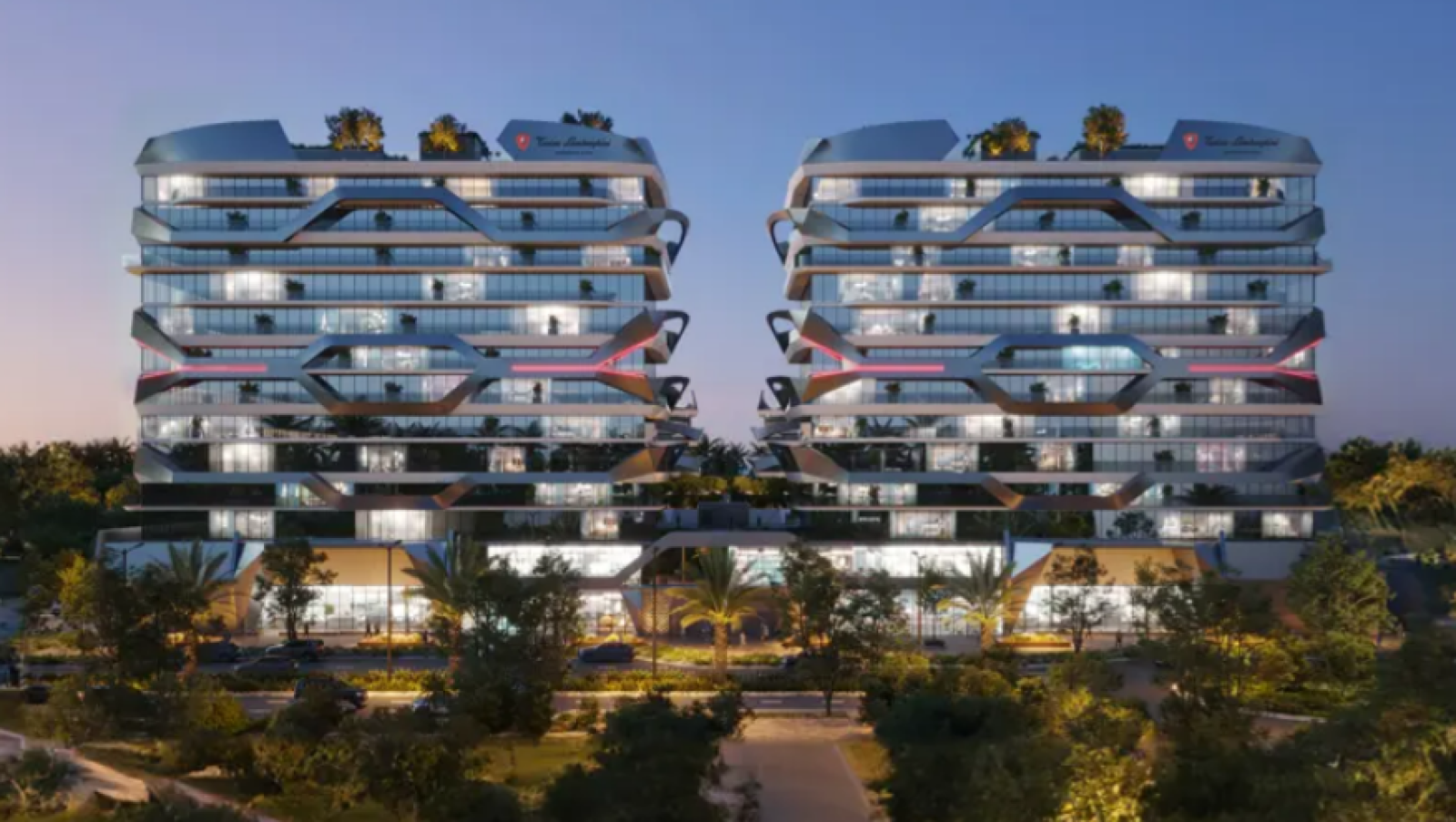Dubai Ranked 4th Globally in IMD Smart City Index 2025: A Vision of Digital Excellence
In a remarkable leap forward, Dubai Smart City initiatives have propelled the emirate to 4th place in the IMD Smart City Index 2025, placing it ahead of major global cities and securing its position as the highest-ranked city in the Arab world, the GCC, and all of Asia. This rise underscores Dubai’s long-standing ambition to be a global benchmark for digital transformation, governance efficiency, and urban innovation.
The IMD Smart City Index 2025, developed by the Institute for Management Development, measures how cities use digital technologies to improve urban life. Dubai’s performance improved across 16 of 20 technology indicators, reflecting the city’s focus on integrated planning, AI deployment, and citizen satisfaction.
Advanced Digital Services and Citizen Satisfaction
Residents are directly benefiting from the city’s digital infrastructure. A staggering 84.5% expressed satisfaction with online medical appointment systems, while 85.4% were content with digital ID document processing. These figures speak to the strength of Dubai digital transformation policies that prioritize service delivery efficiency.
Internet reliability, a core measure in any smart city, saw an 86.5% satisfaction rate. Additionally, Dubai ranked highly in urban well-being metrics, including 83.4% satisfaction with green space accessibility and 84.3% approval for Dubai recycling services. An impressive 86.5% also praised Dubai cultural activities, highlighting how the city has fused technological advancement with quality of life.
Smart Mobility: Leading the Global Pack
Much of Dubai’s success is driven by its transformation in mobility. Through the efforts of the Roads and Transport Authority (RTA), Dubai has outperformed cities like Zurich and Geneva in key urban transport metrics. Utilization rates for vehicle-sharing apps reached 67.9%, smart parking solutions saw 73.8% uptake, and bicycle-sharing systems were used by 70% of surveyed residents.
These advances fall under the broader umbrella of smart mobility Dubai, a pillar of the city’s strategic goal to convert 25% of its transportation into autonomous journeys by 2030. The RTA’s 2023–2030 digital strategy features 82 initiatives and AED 1.6 billion in funding, ensuring the city maintains its trajectory toward fully integrated, AI-enabled transit.
Unified Vision for a Digital Future
Key institutions such as Dubai Police and Dubai Culture have embedded AI and big data into their operations, further strengthening the city's Dubai AI strategy. The integration of predictive policing tools and digital cultural platforms underscores Dubai’s vision of a city that is not only safe and connected, but also creative and inclusive.
Behind all of this is the Dubai Digital Strategy, a comprehensive framework aiming to digitize every aspect of civic life while placing human experience at the center. From public services to environmental sustainability, the strategy is designed to create measurable, daily improvements in how people live and work.
Conclusion
Dubai’s climb to 4th in the IMD Smart City Index 2025 is no coincidence. It reflects decades of planning, collaboration, and investment aimed at transforming a desert city into a global tech-forward metropolis. As the world navigates the challenges of urbanization, Dubai’s model shows that technology, when implemented strategically, can enhance not just infrastructure—but human potential.

